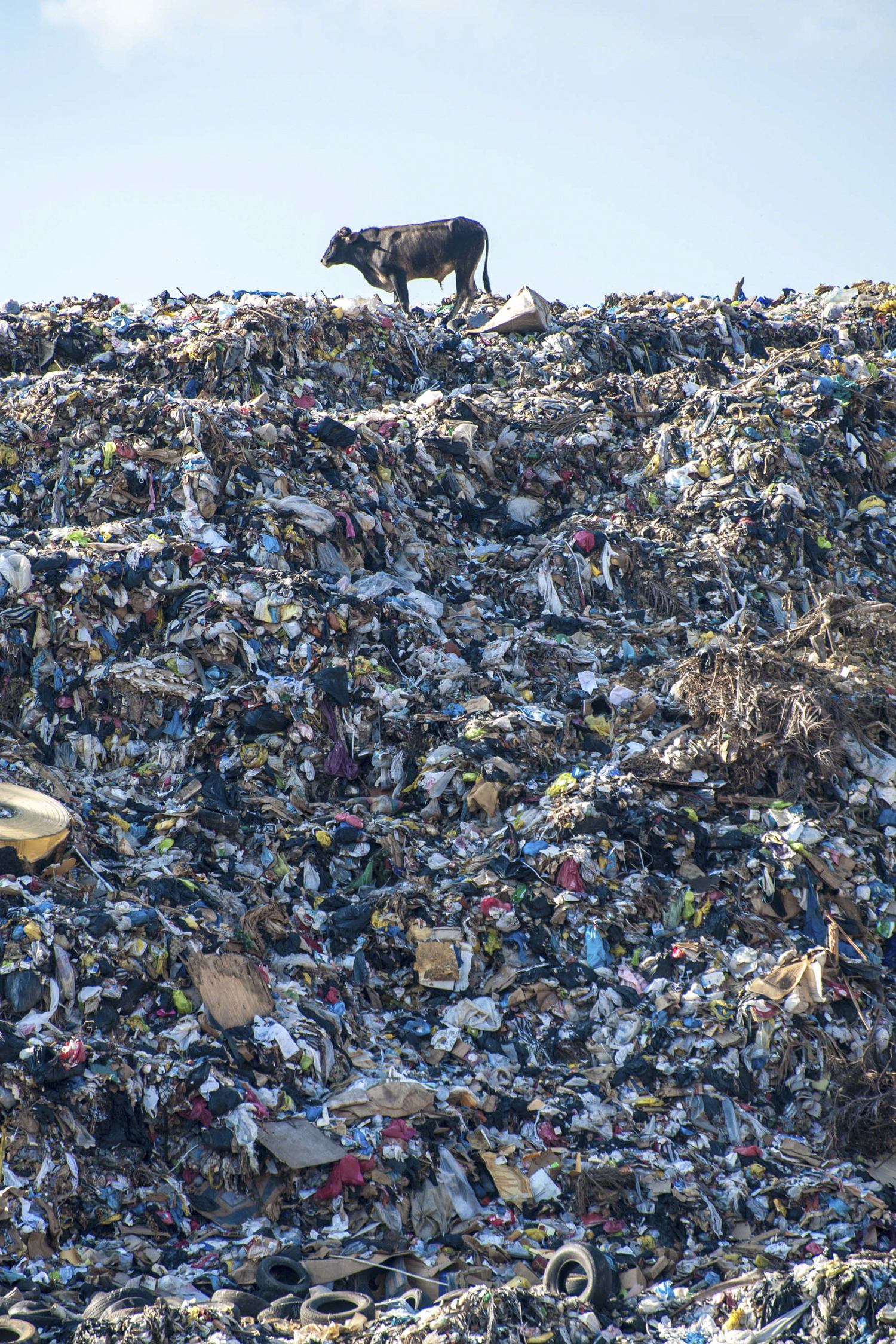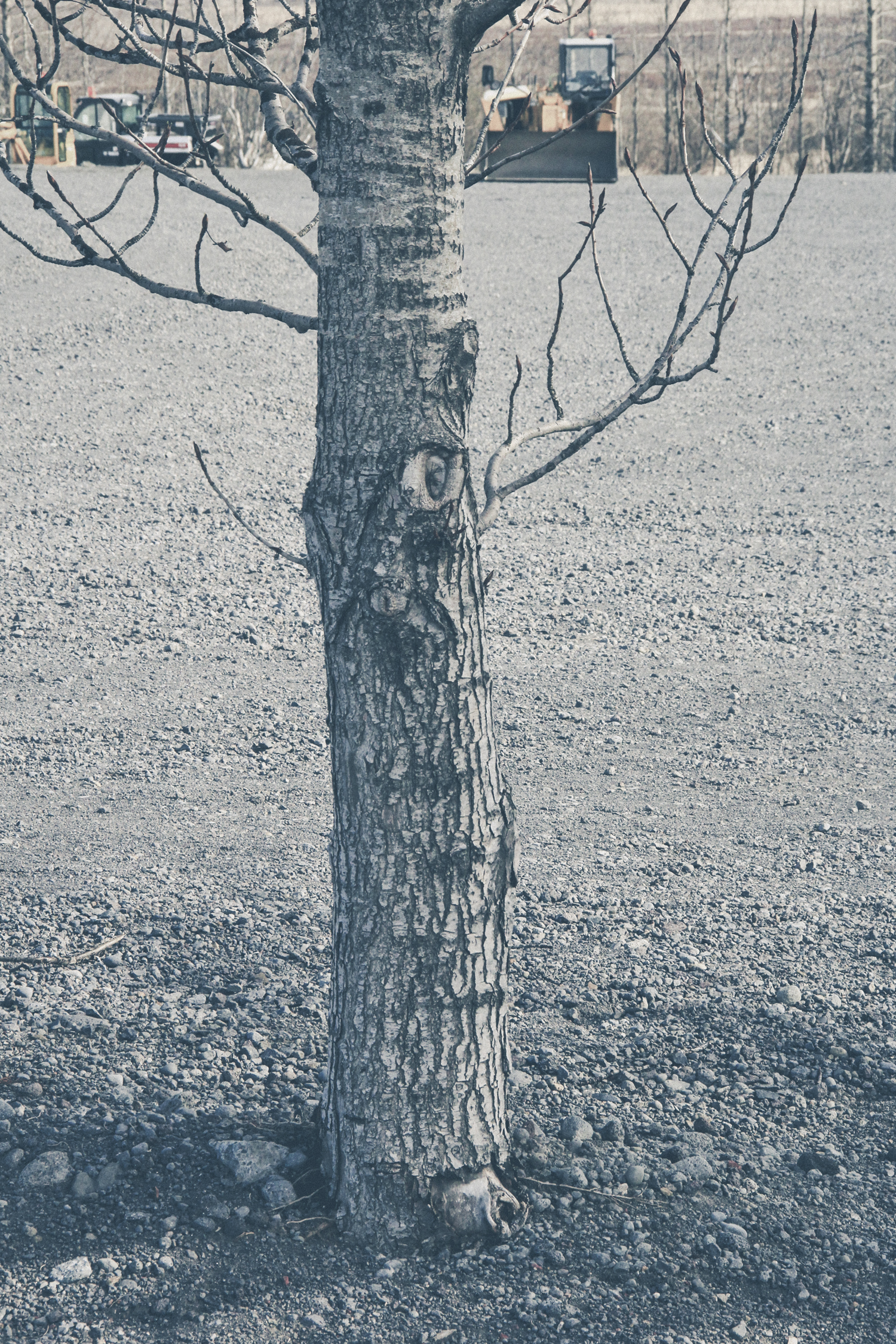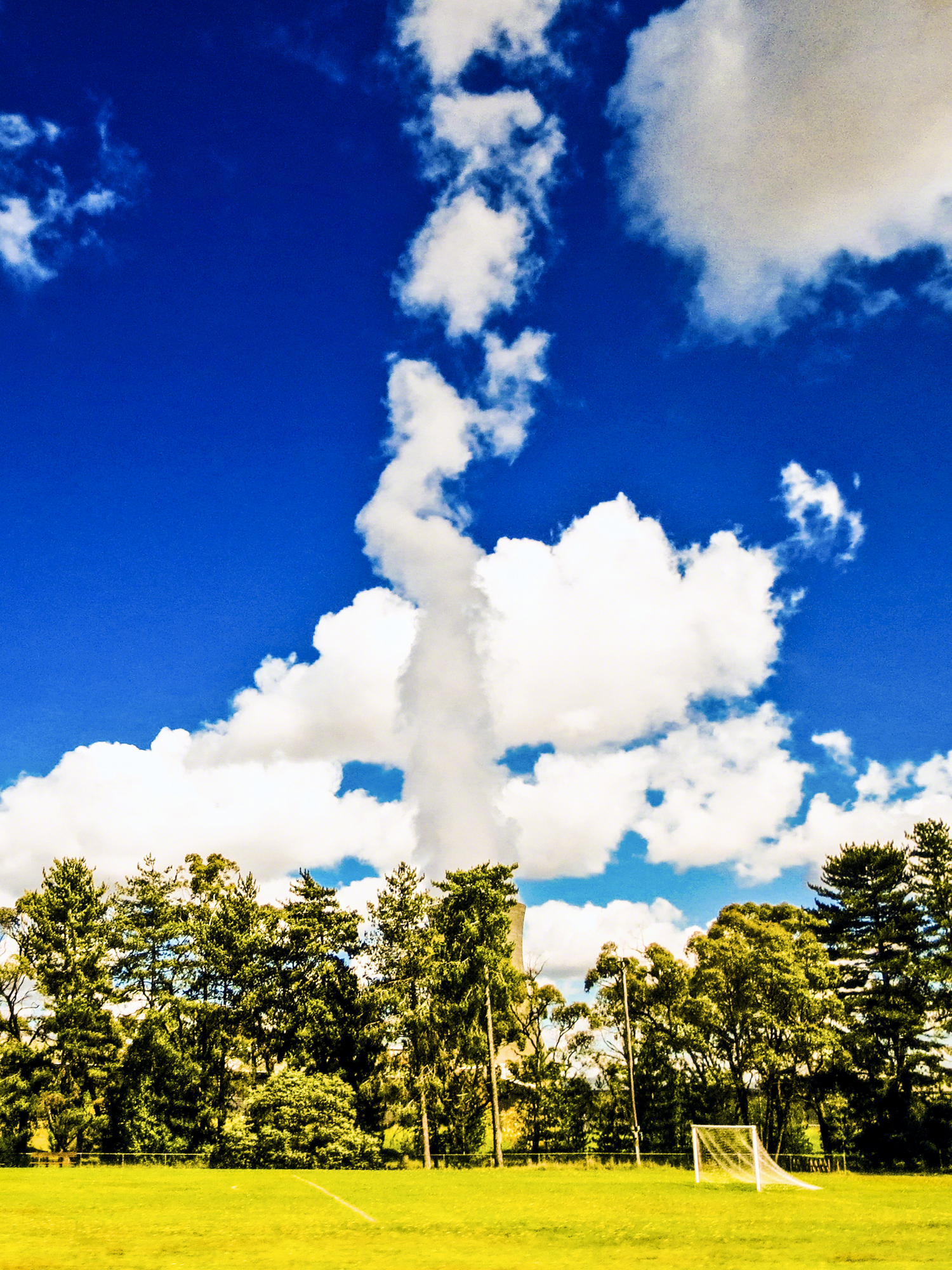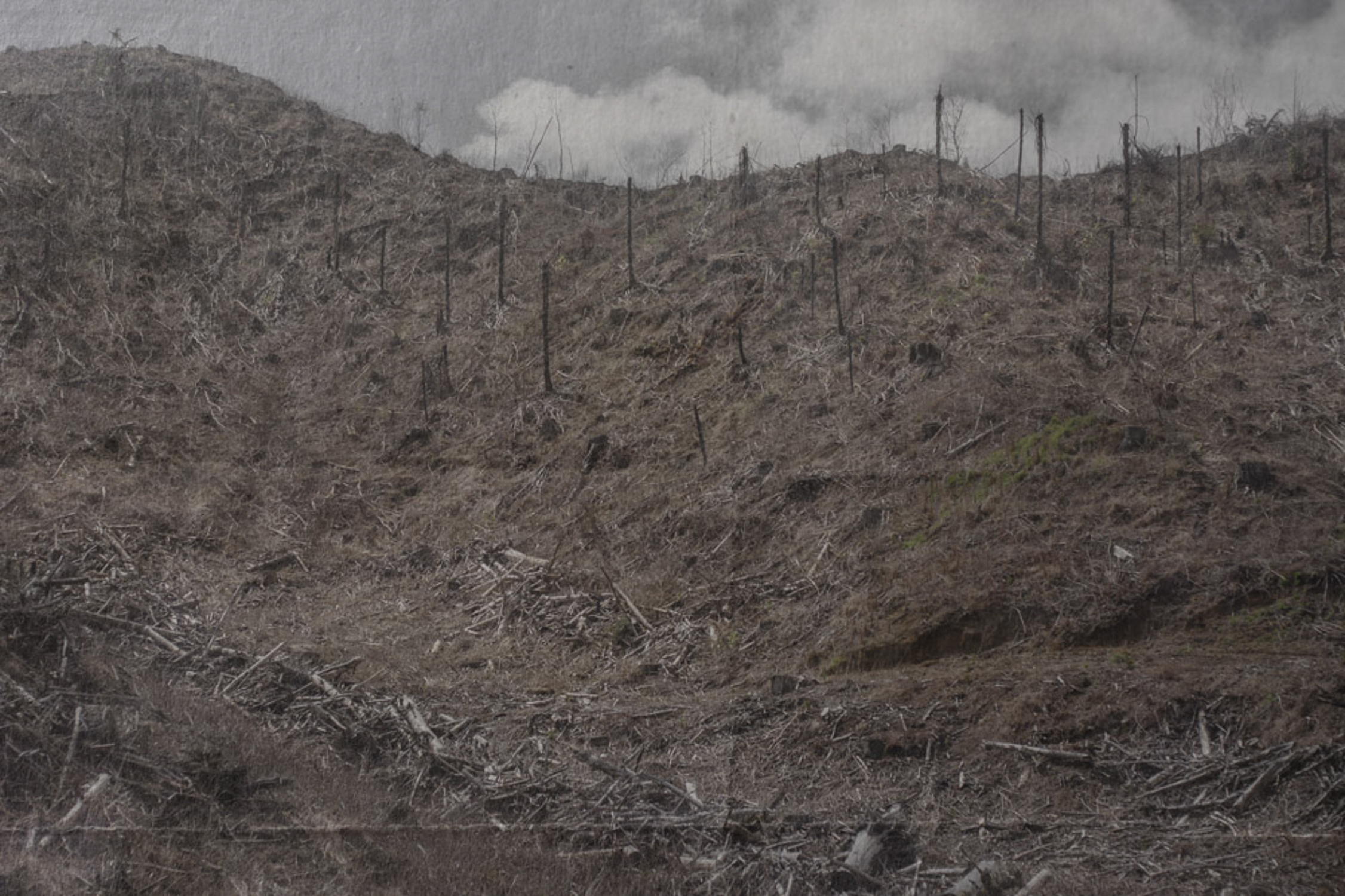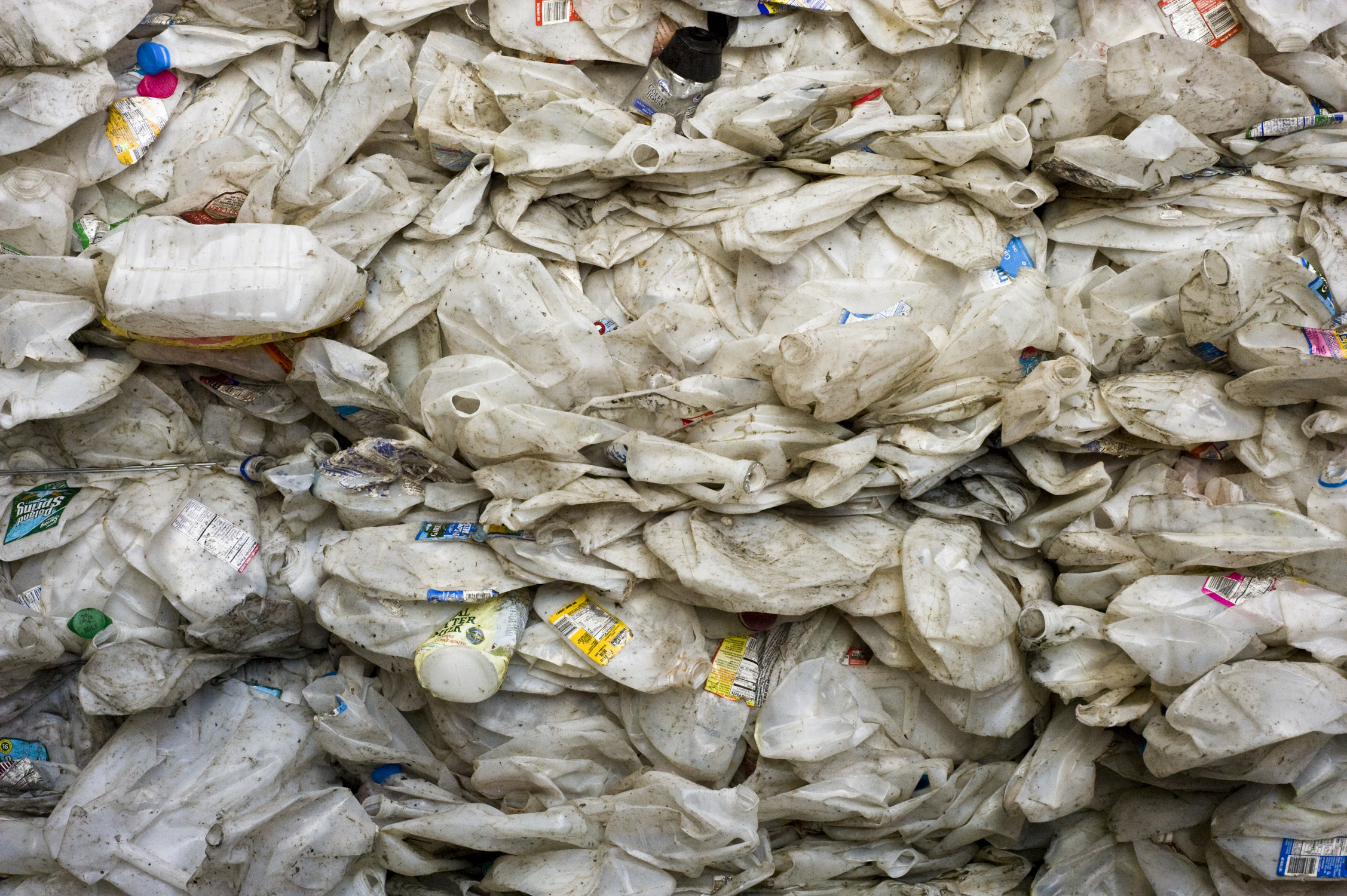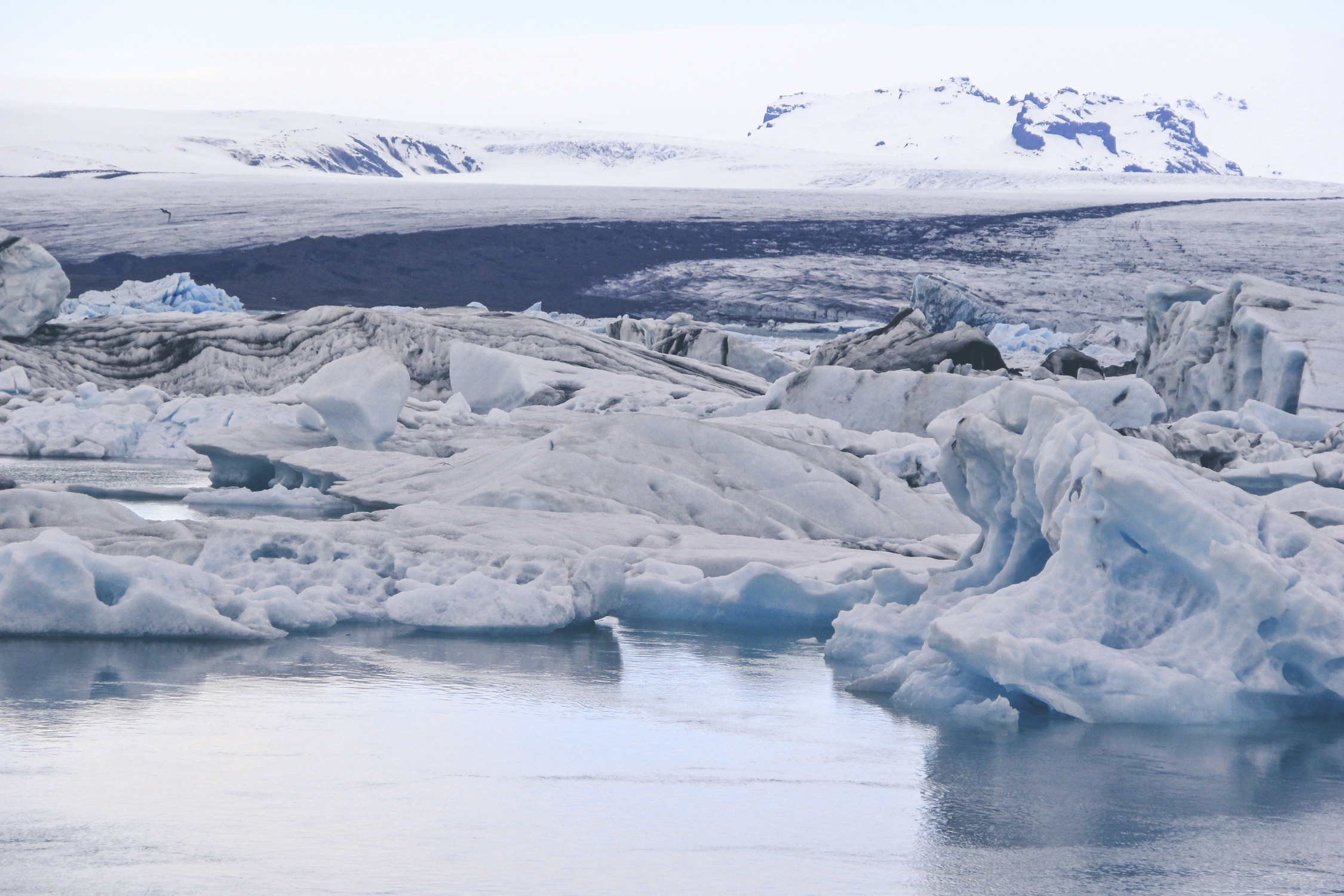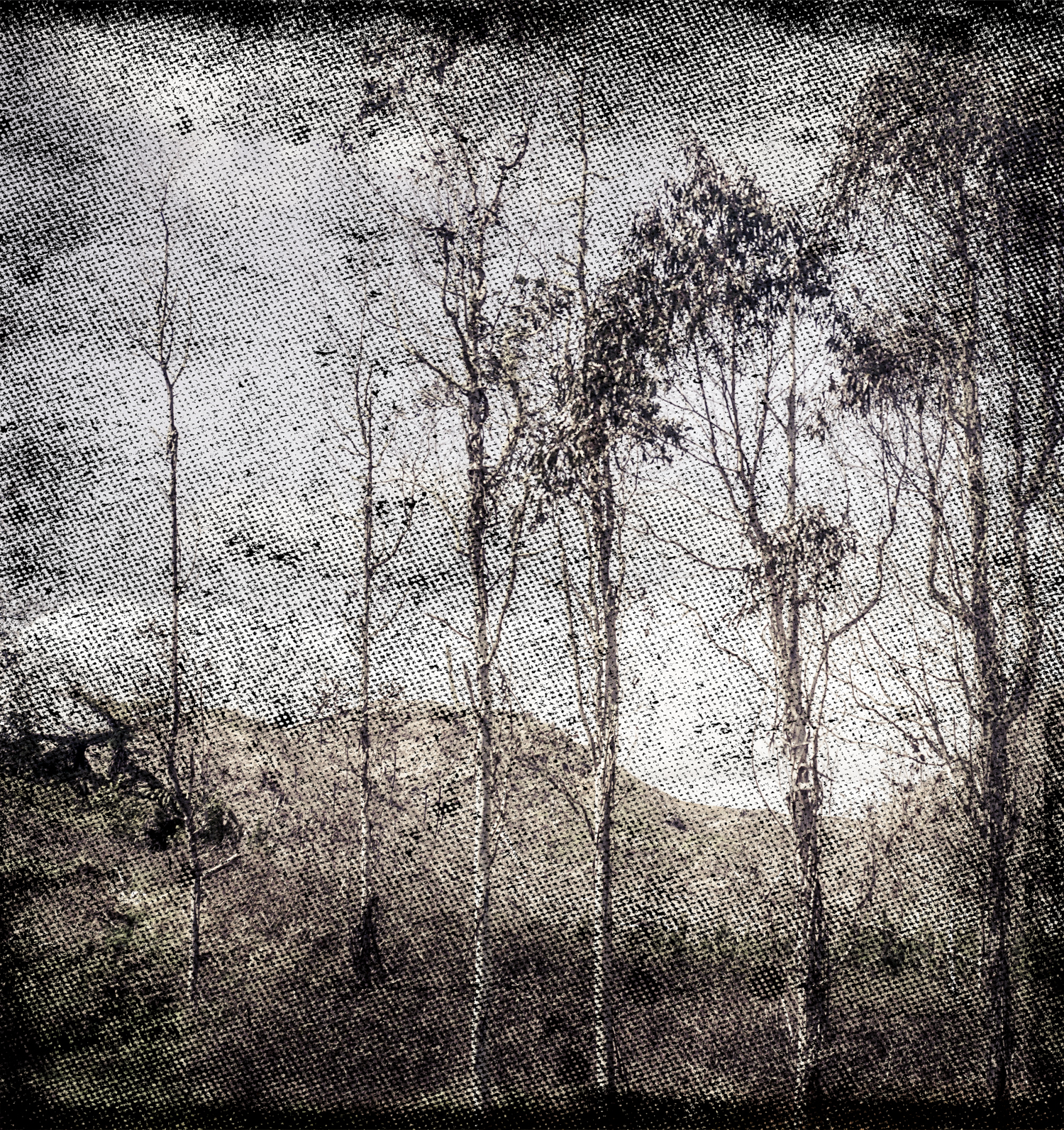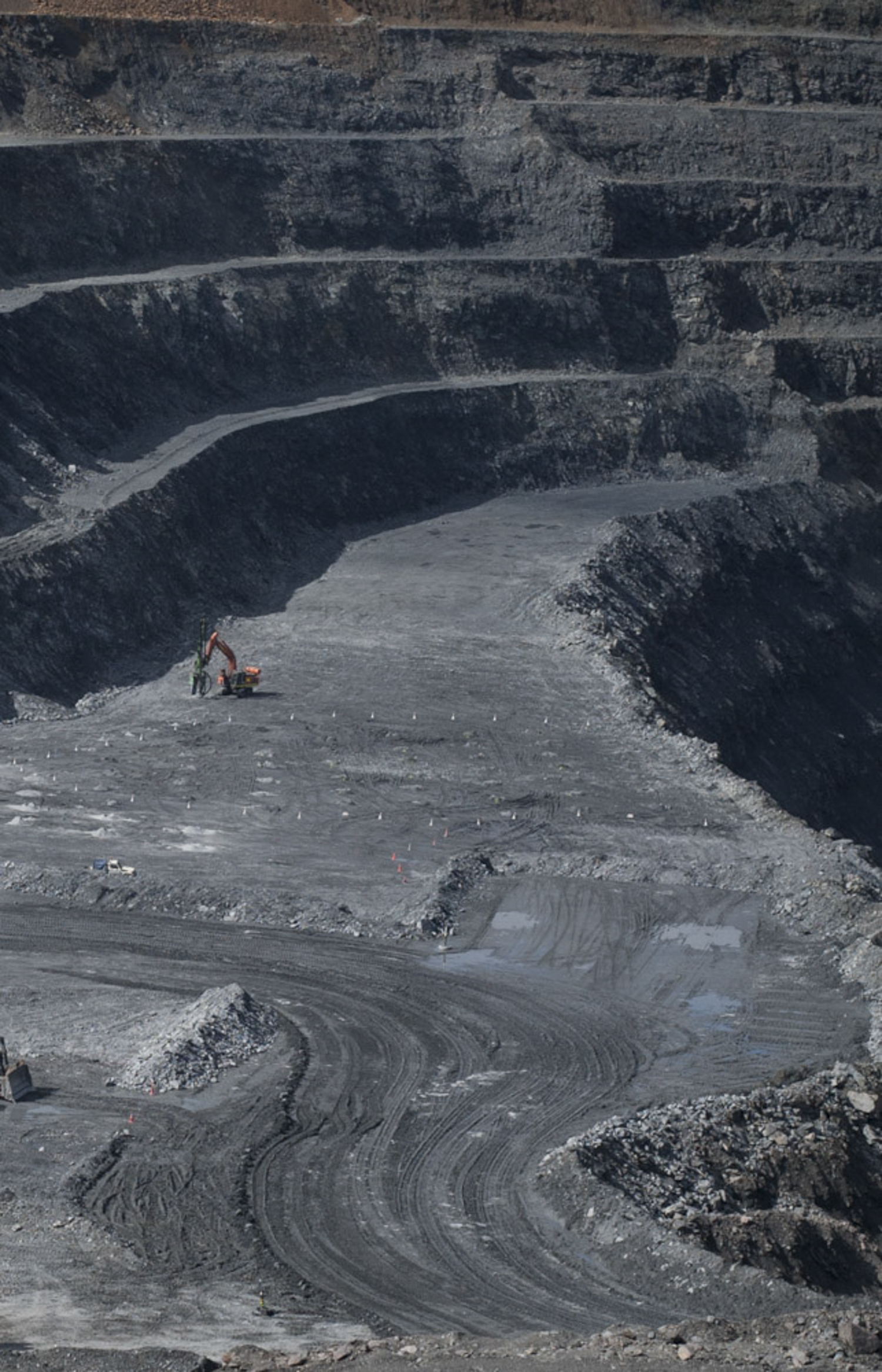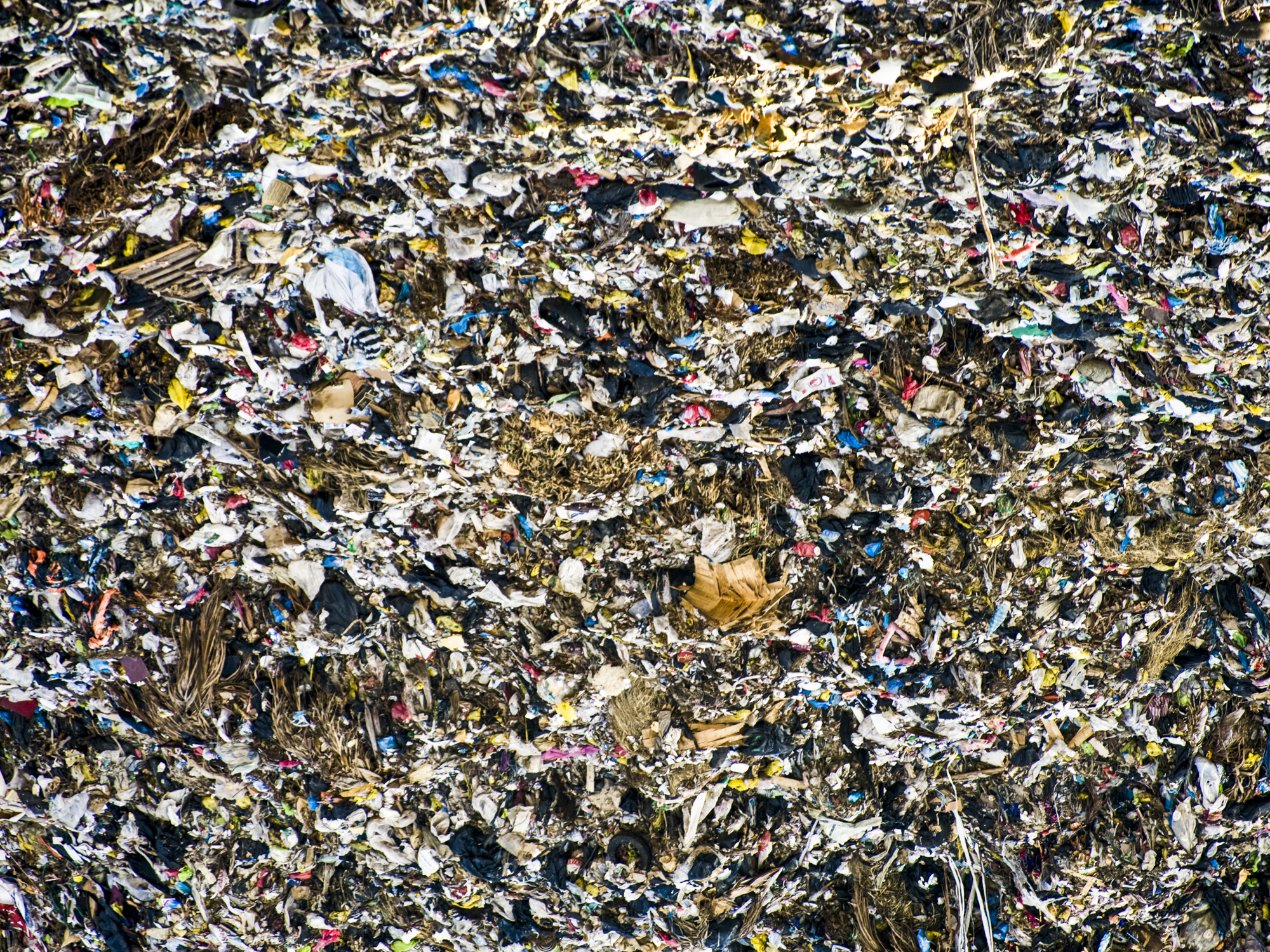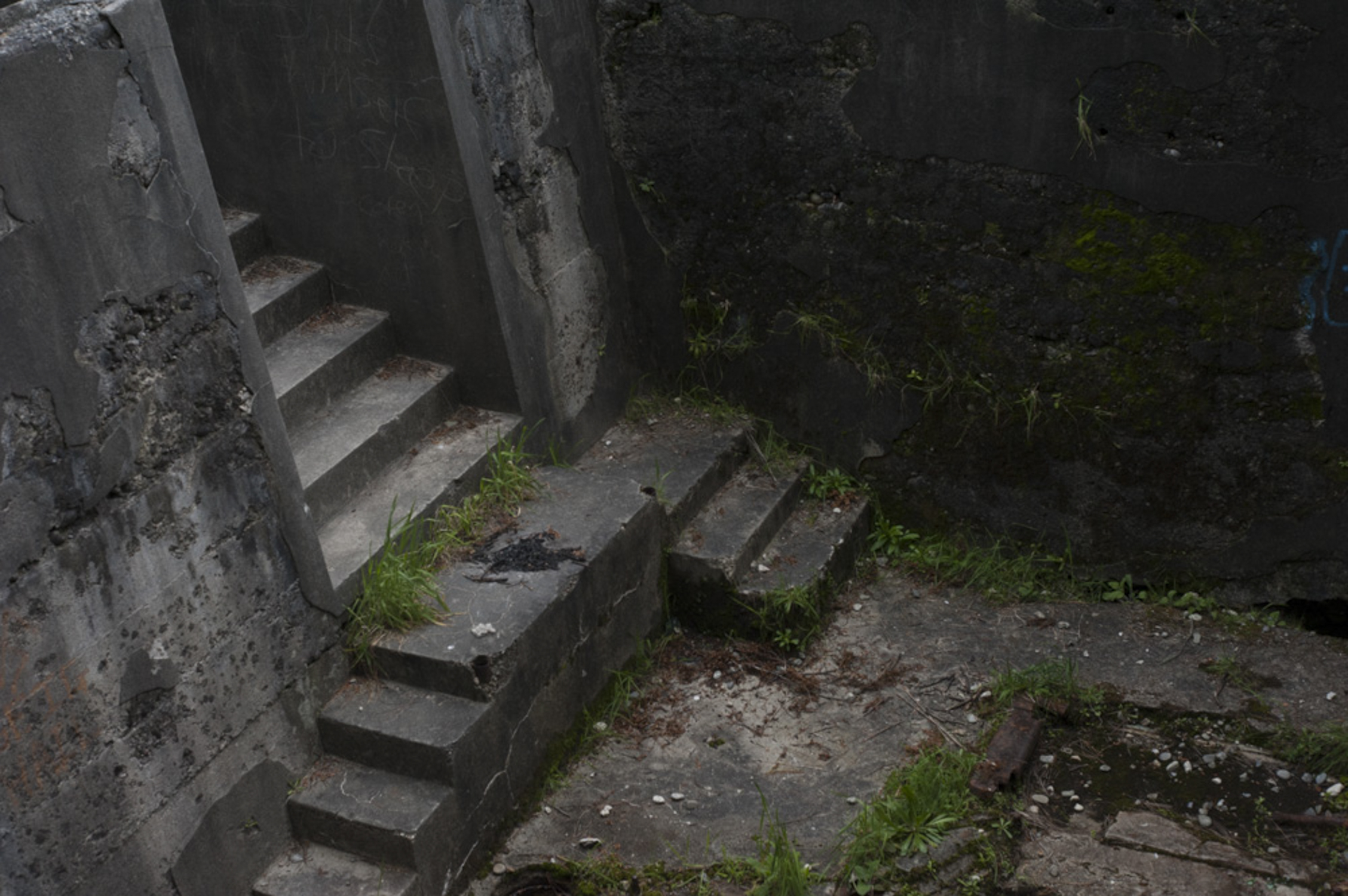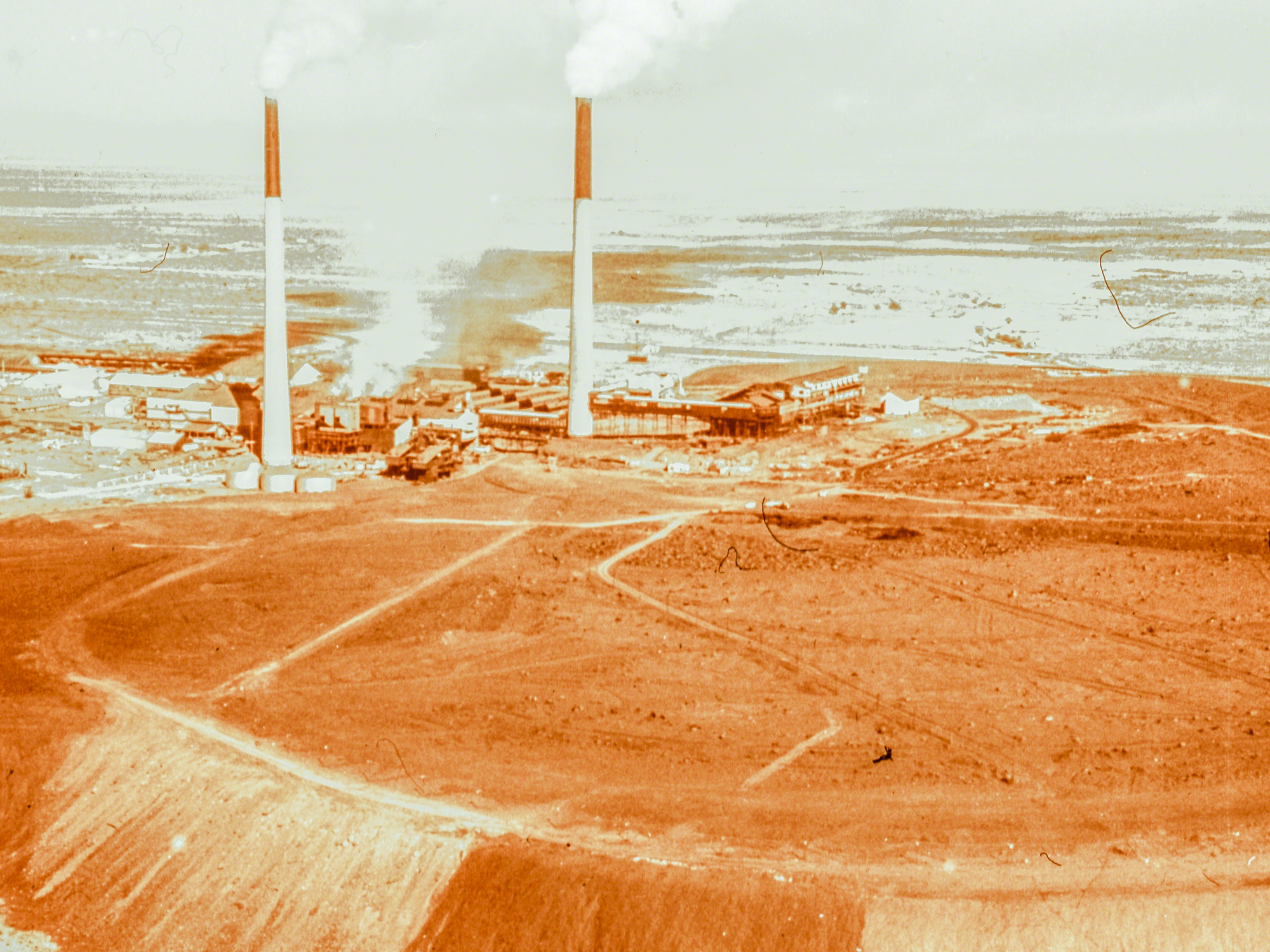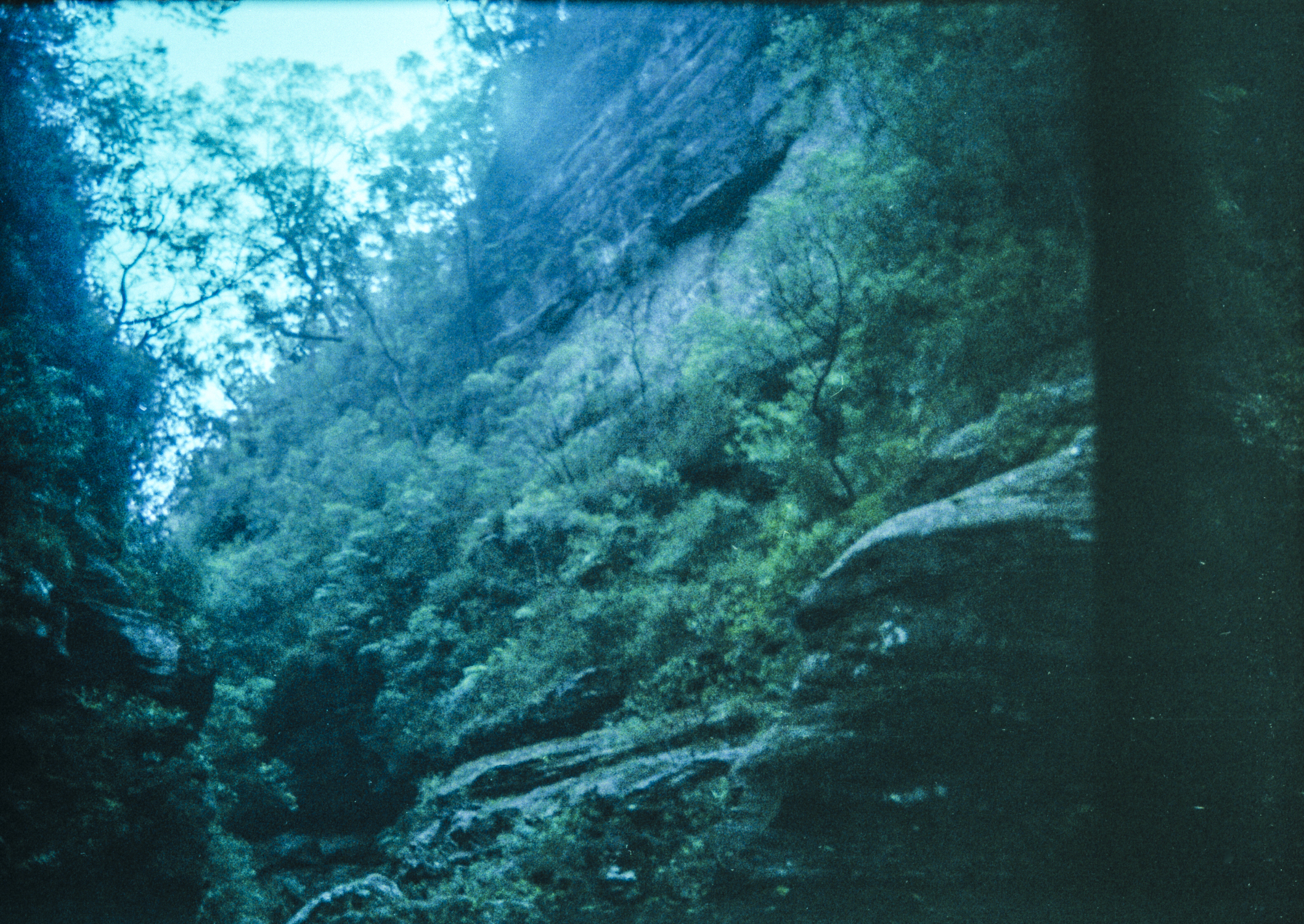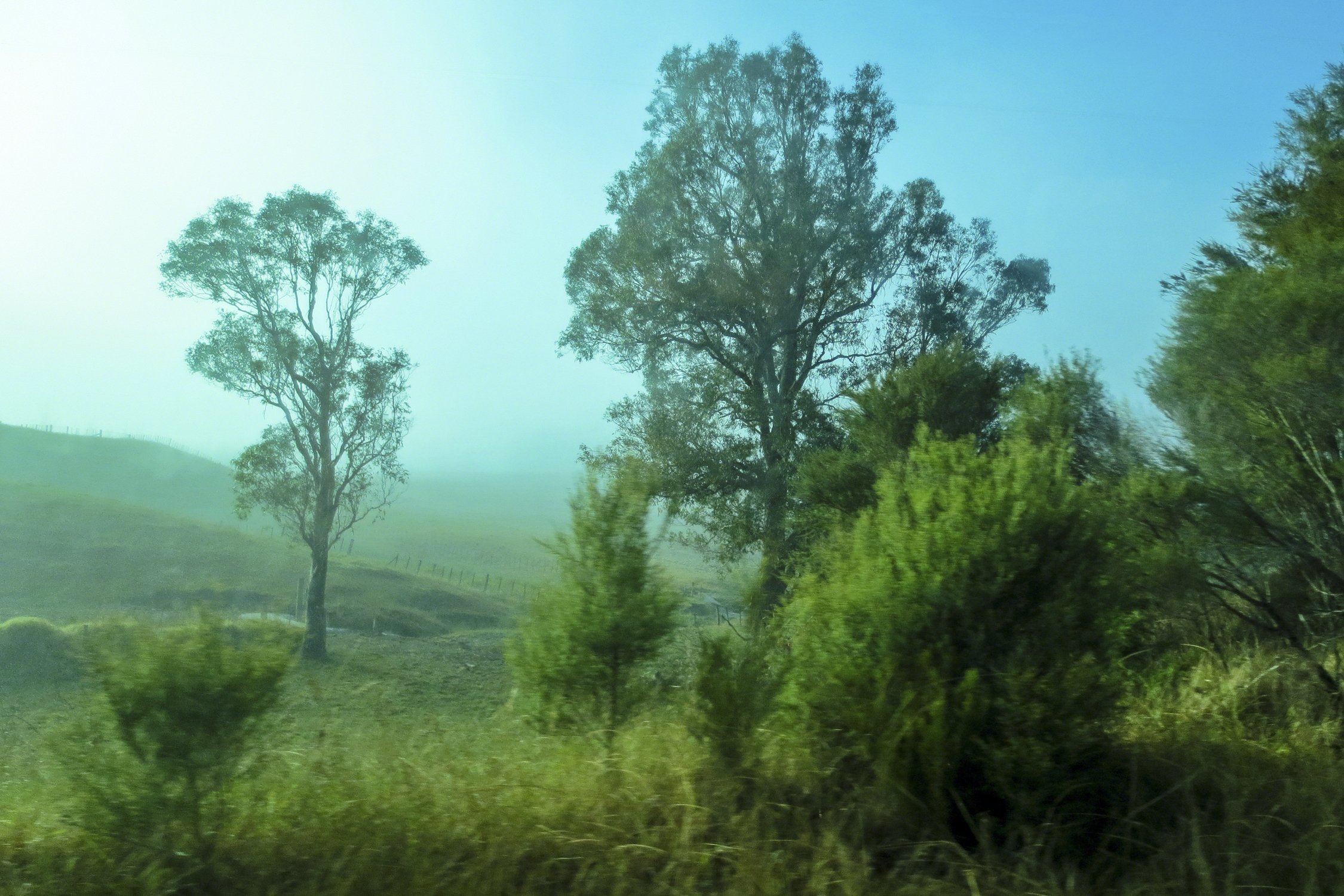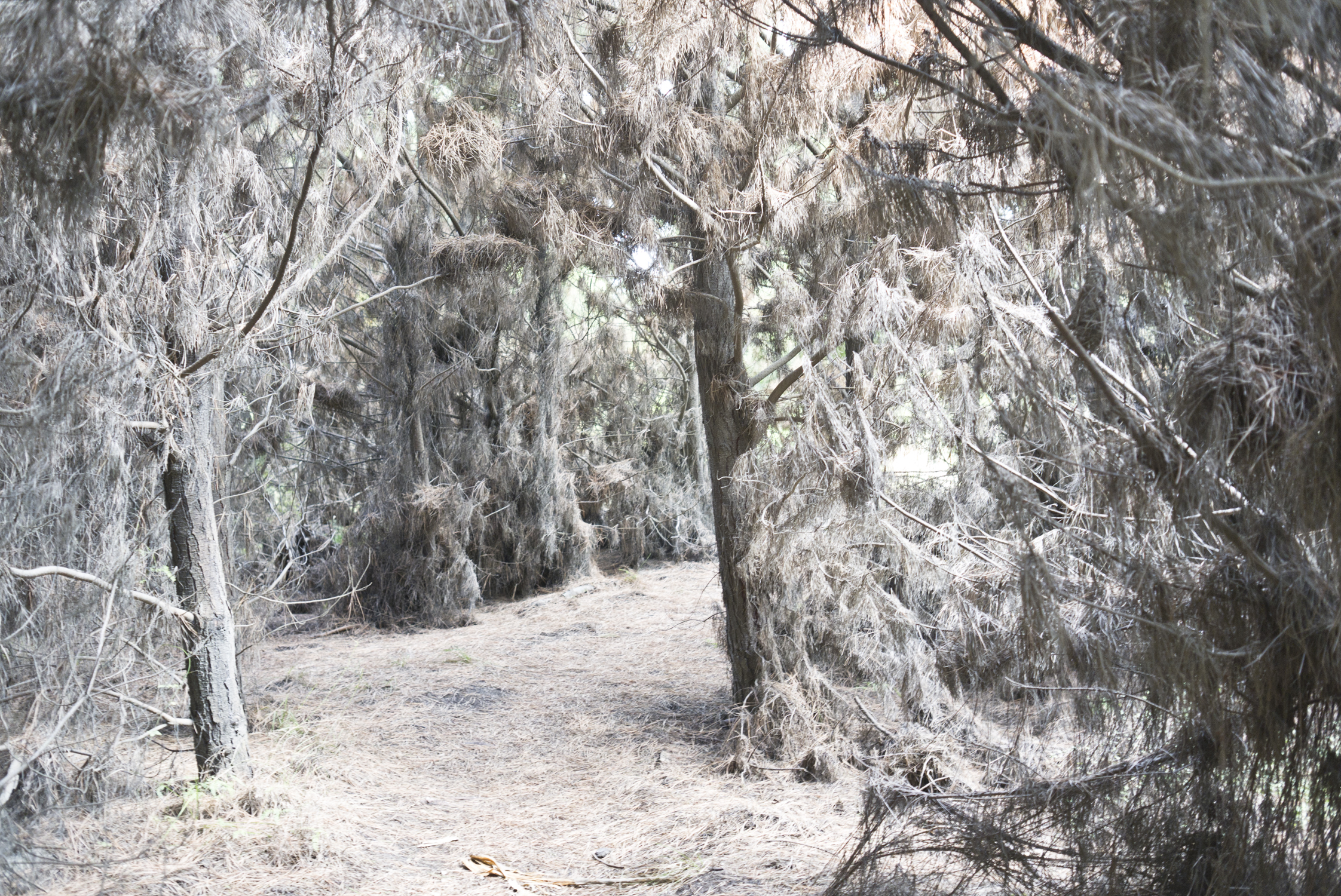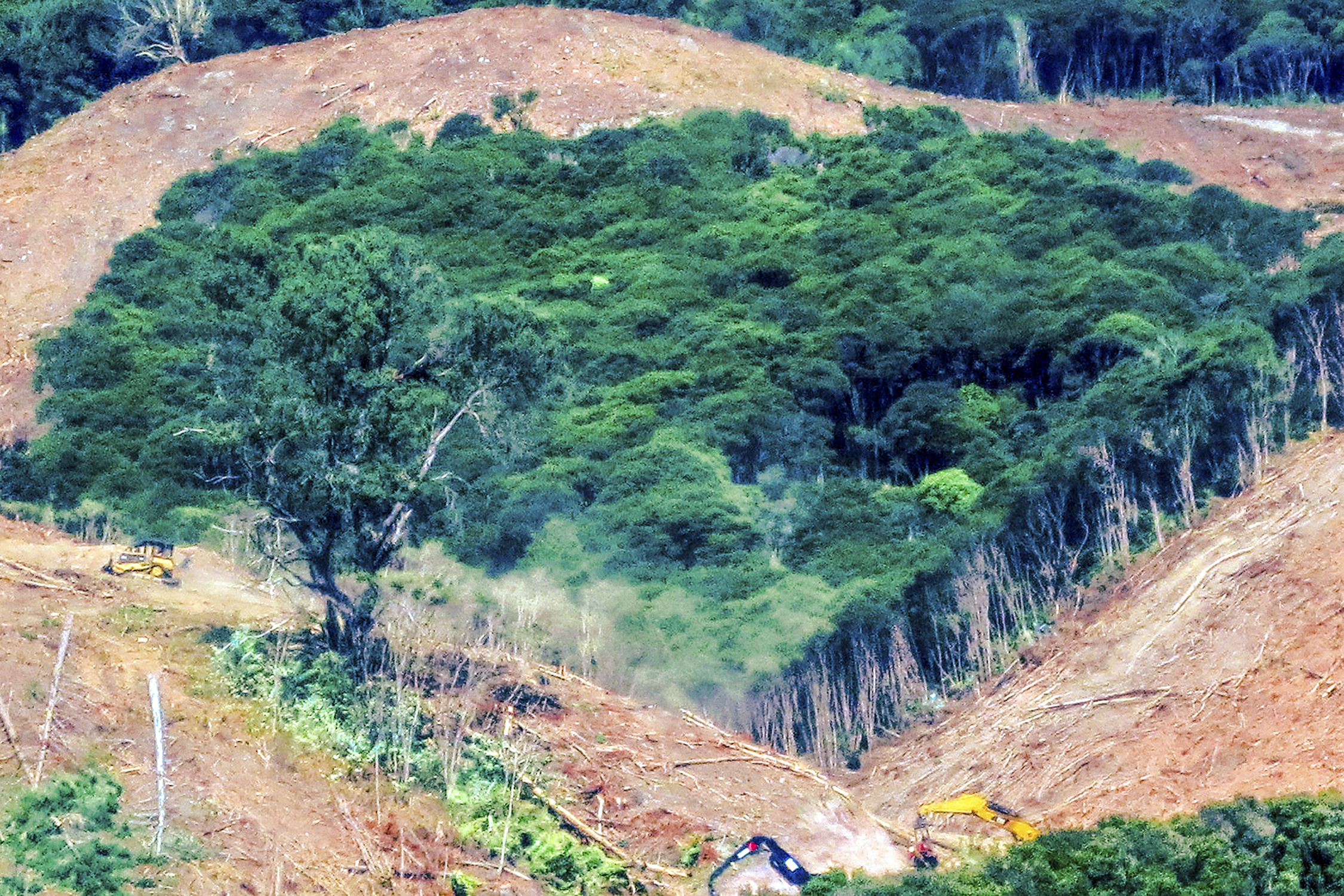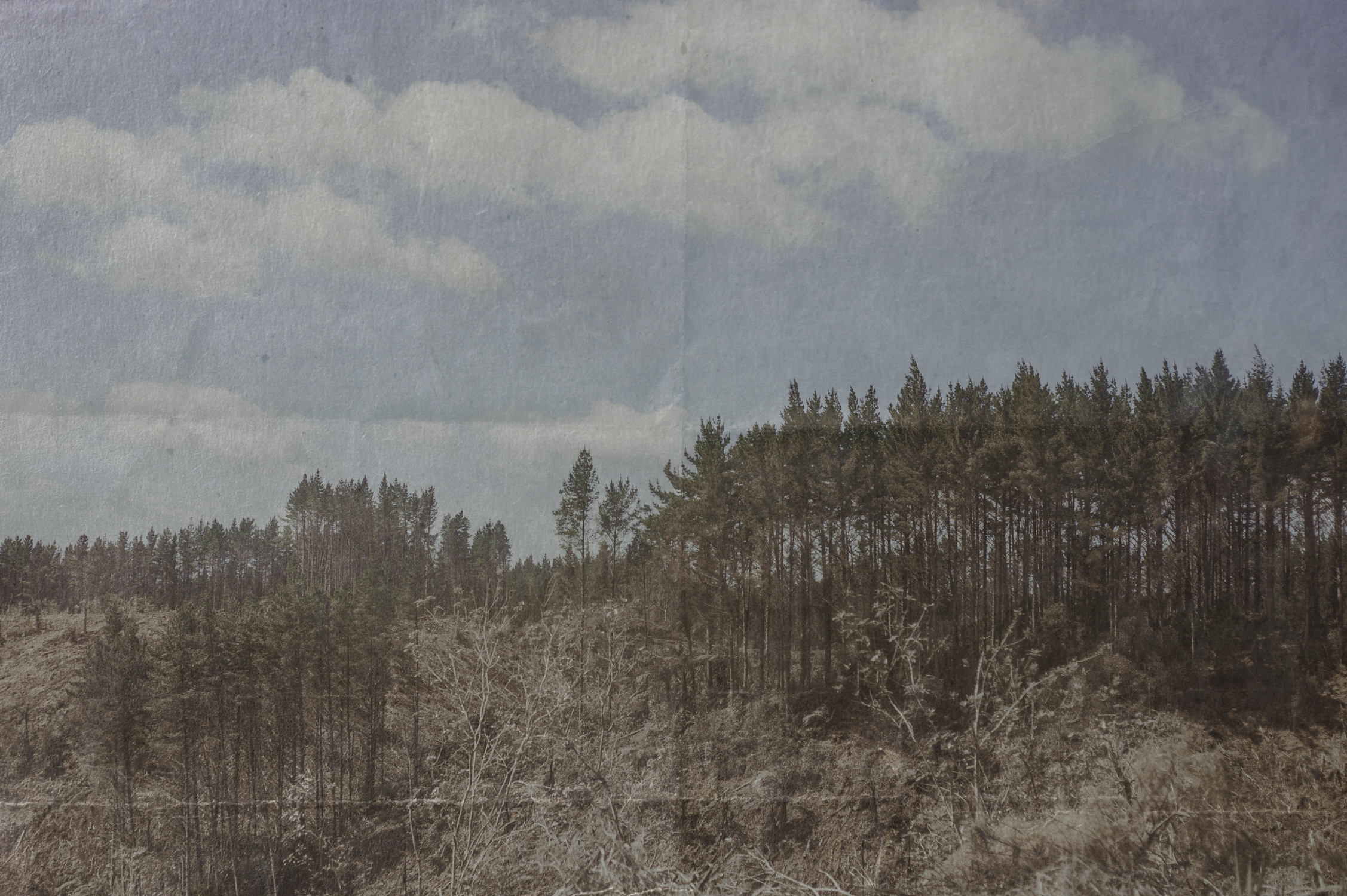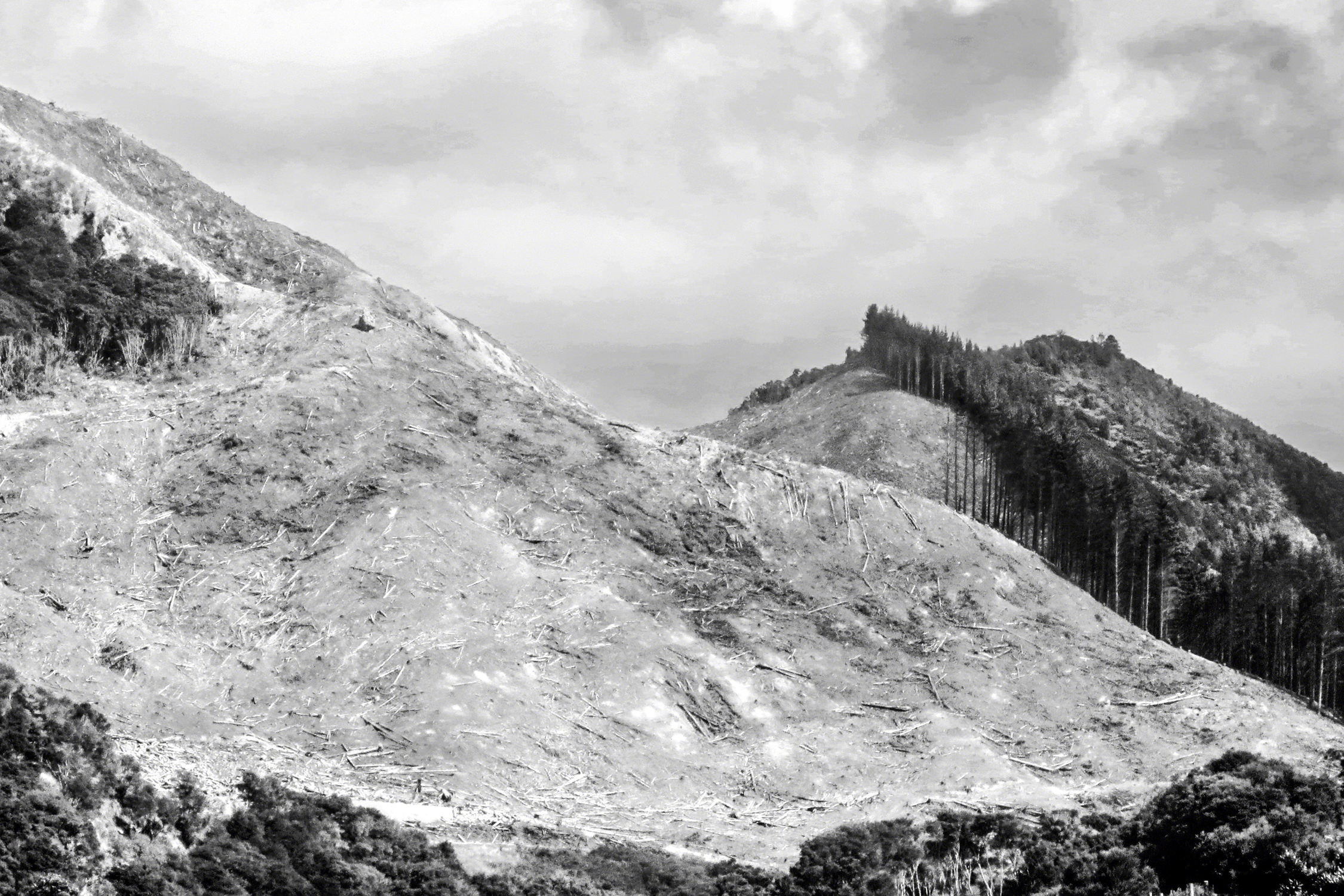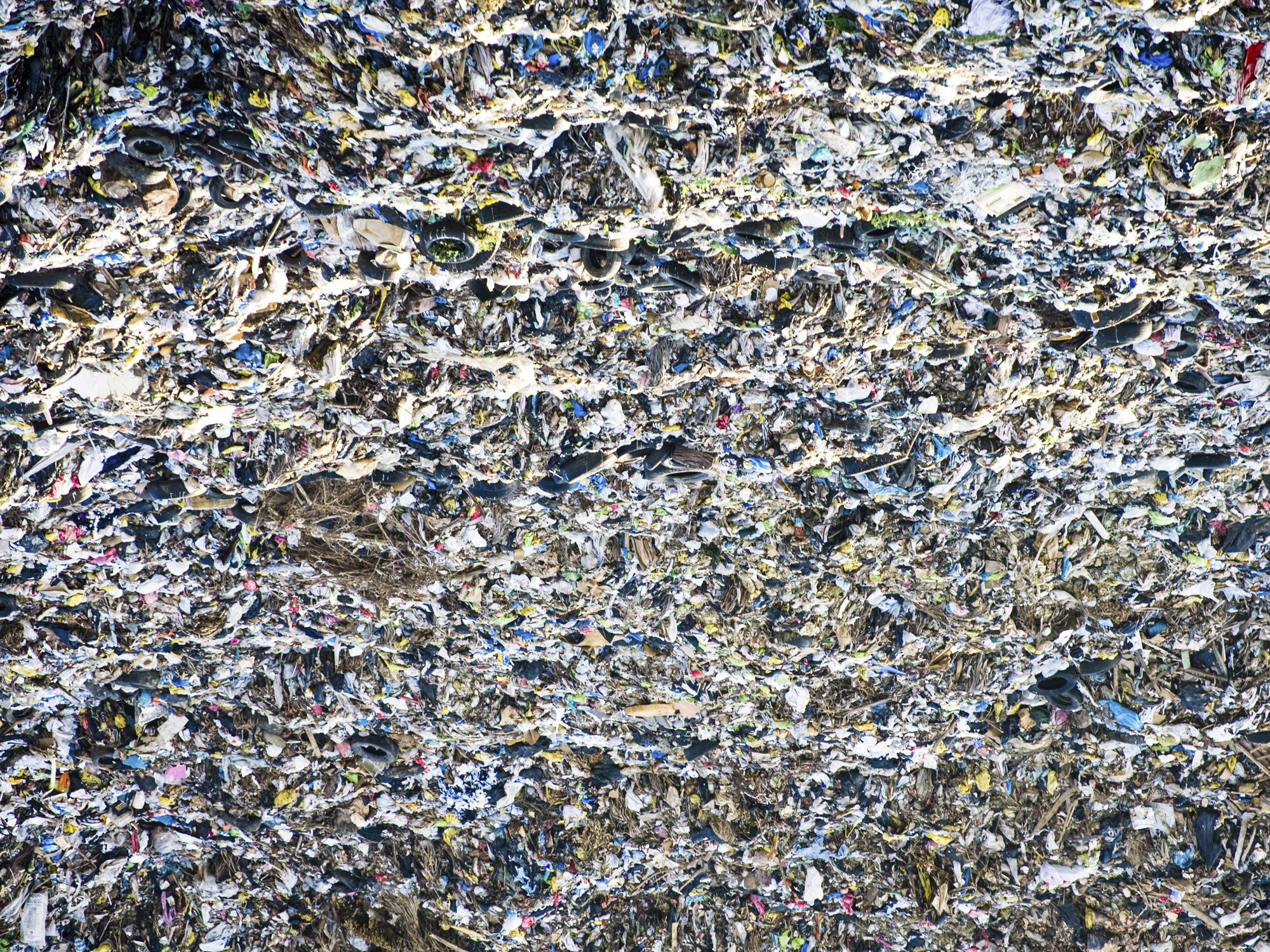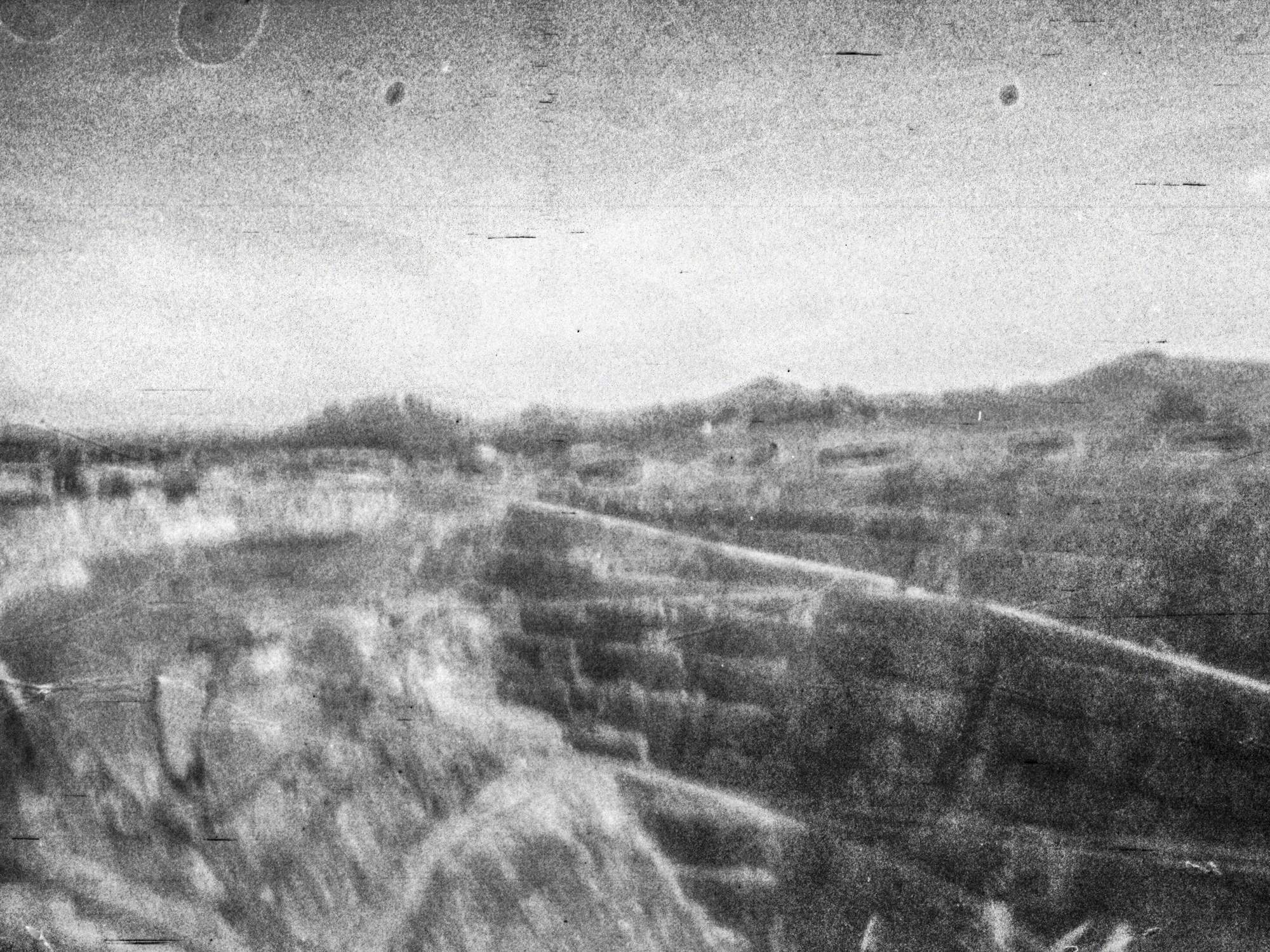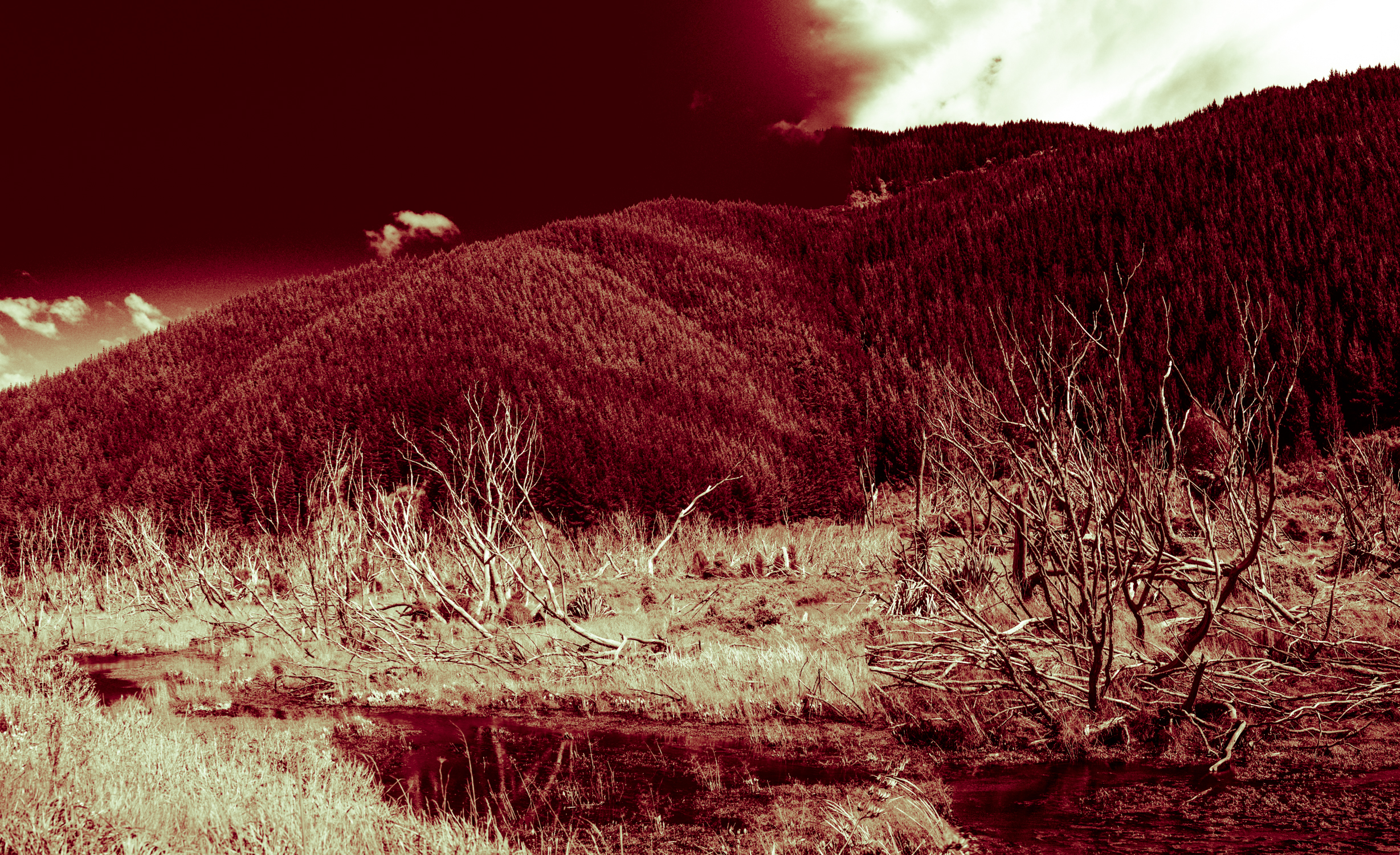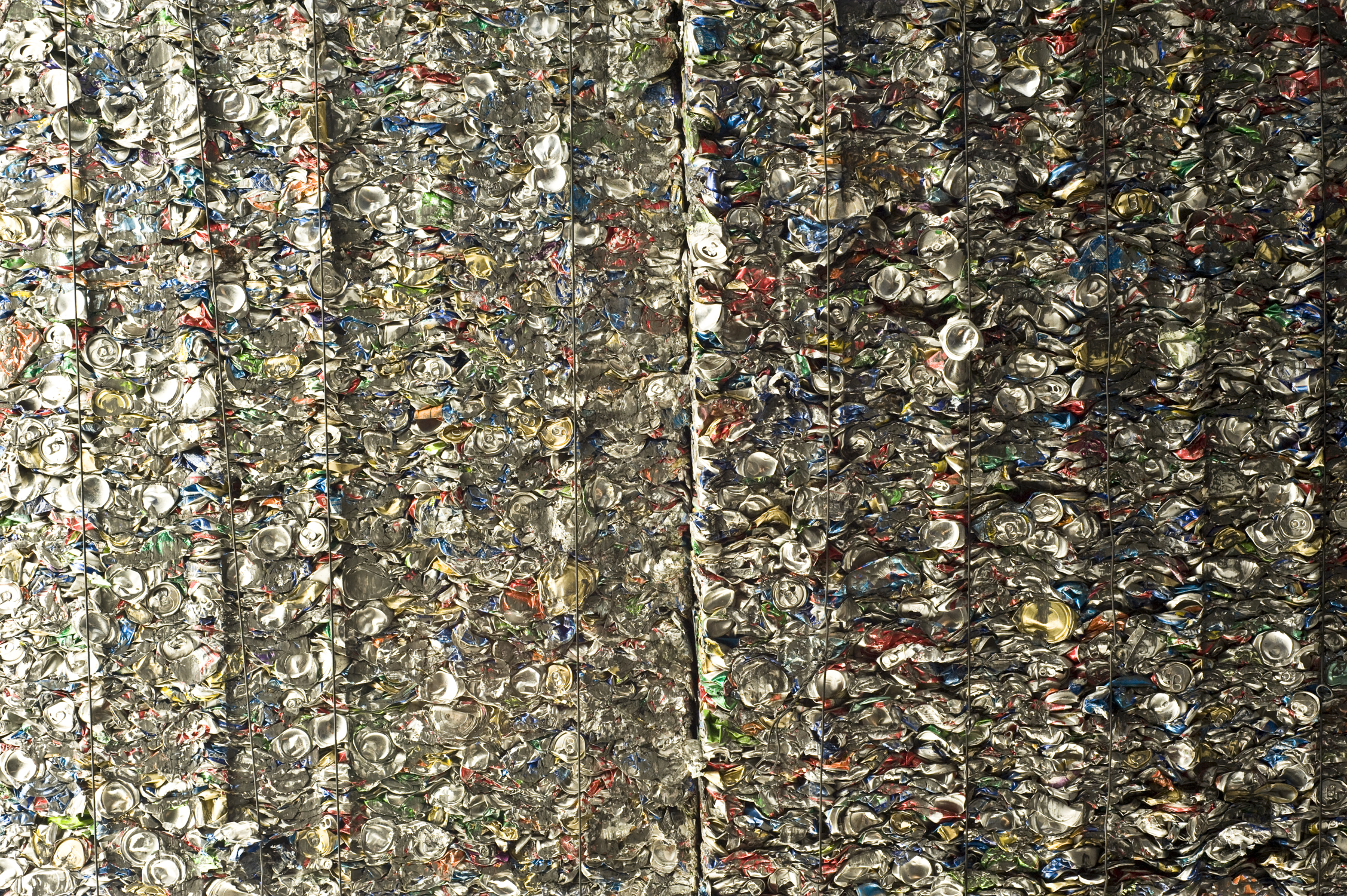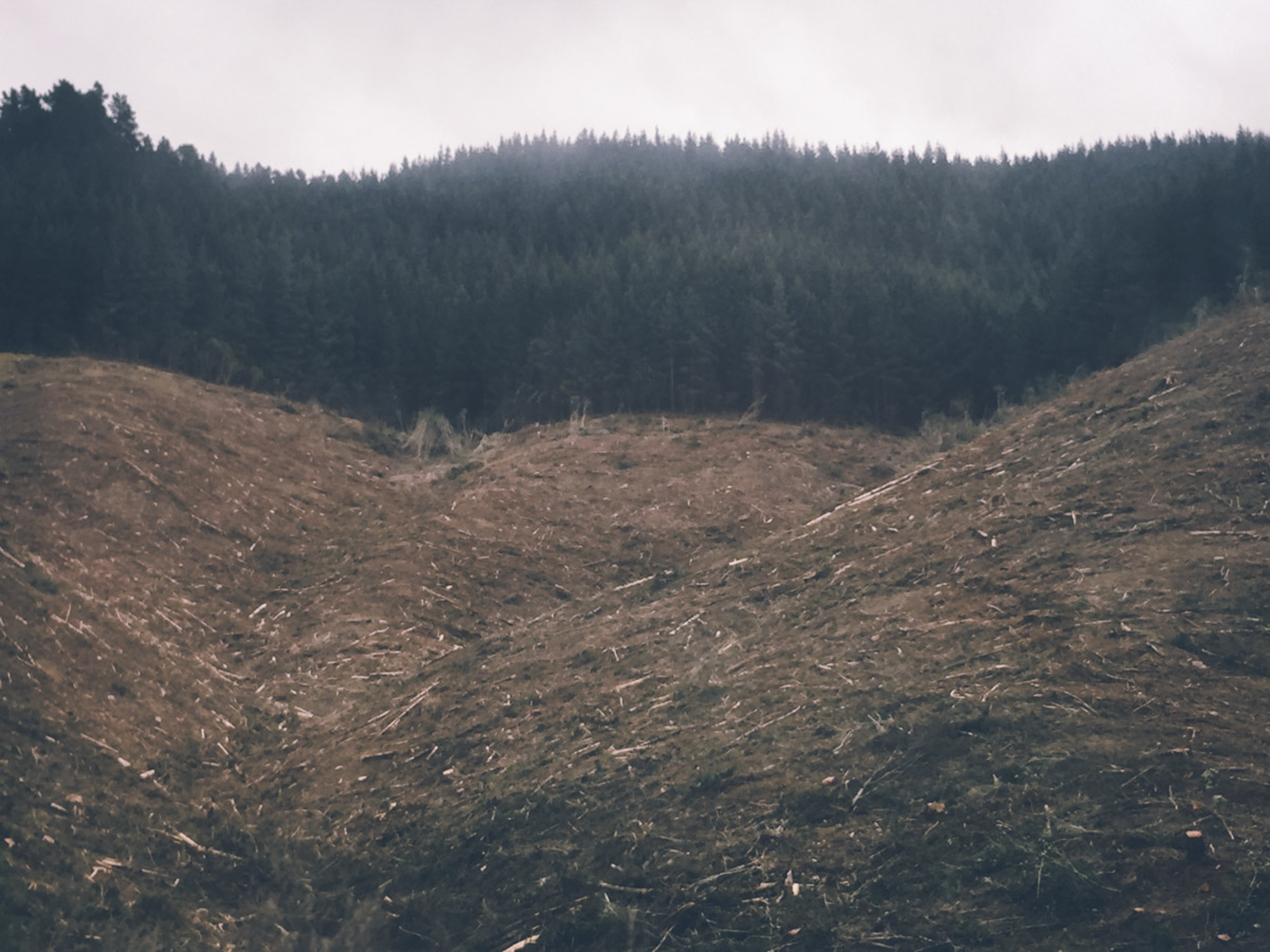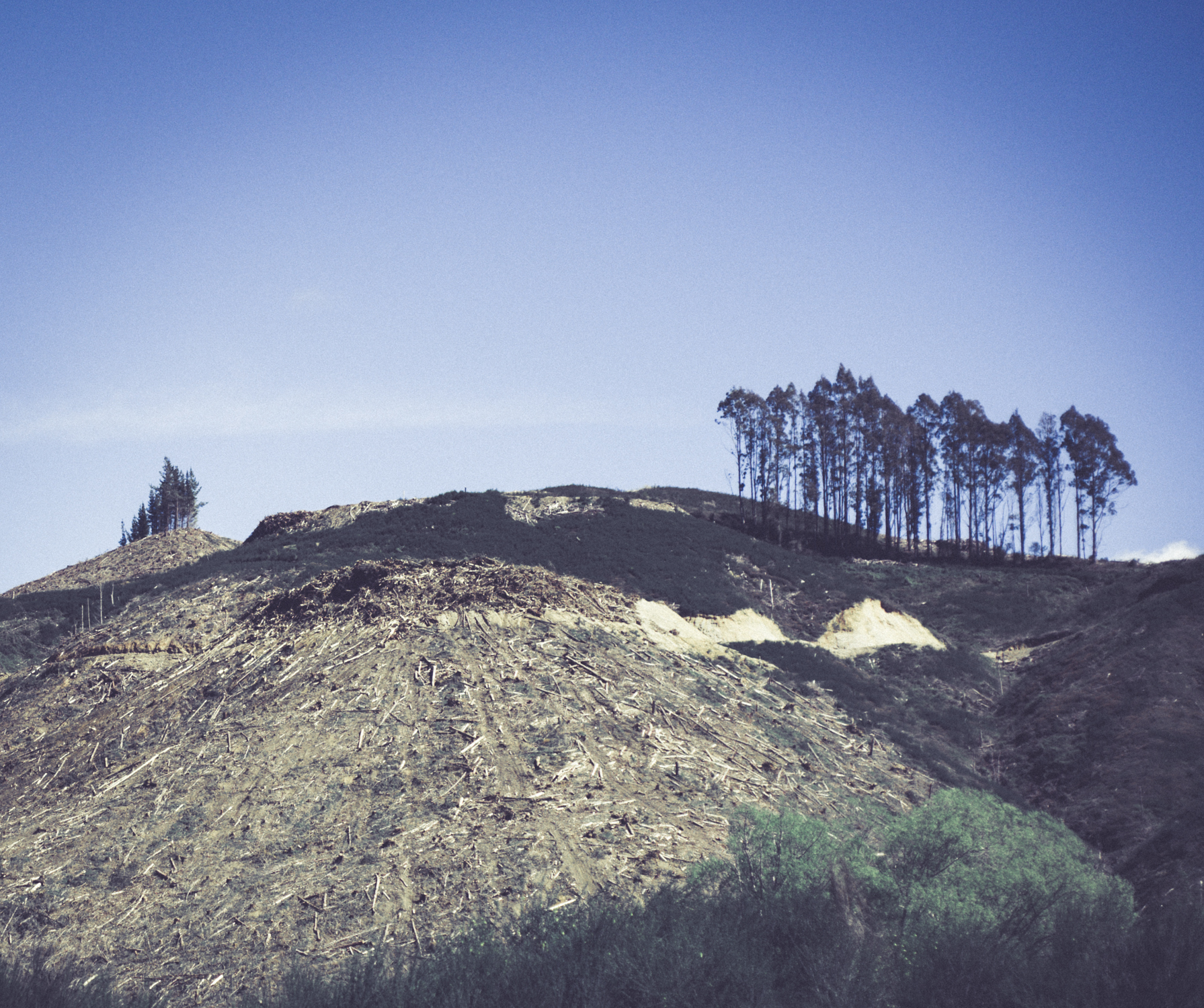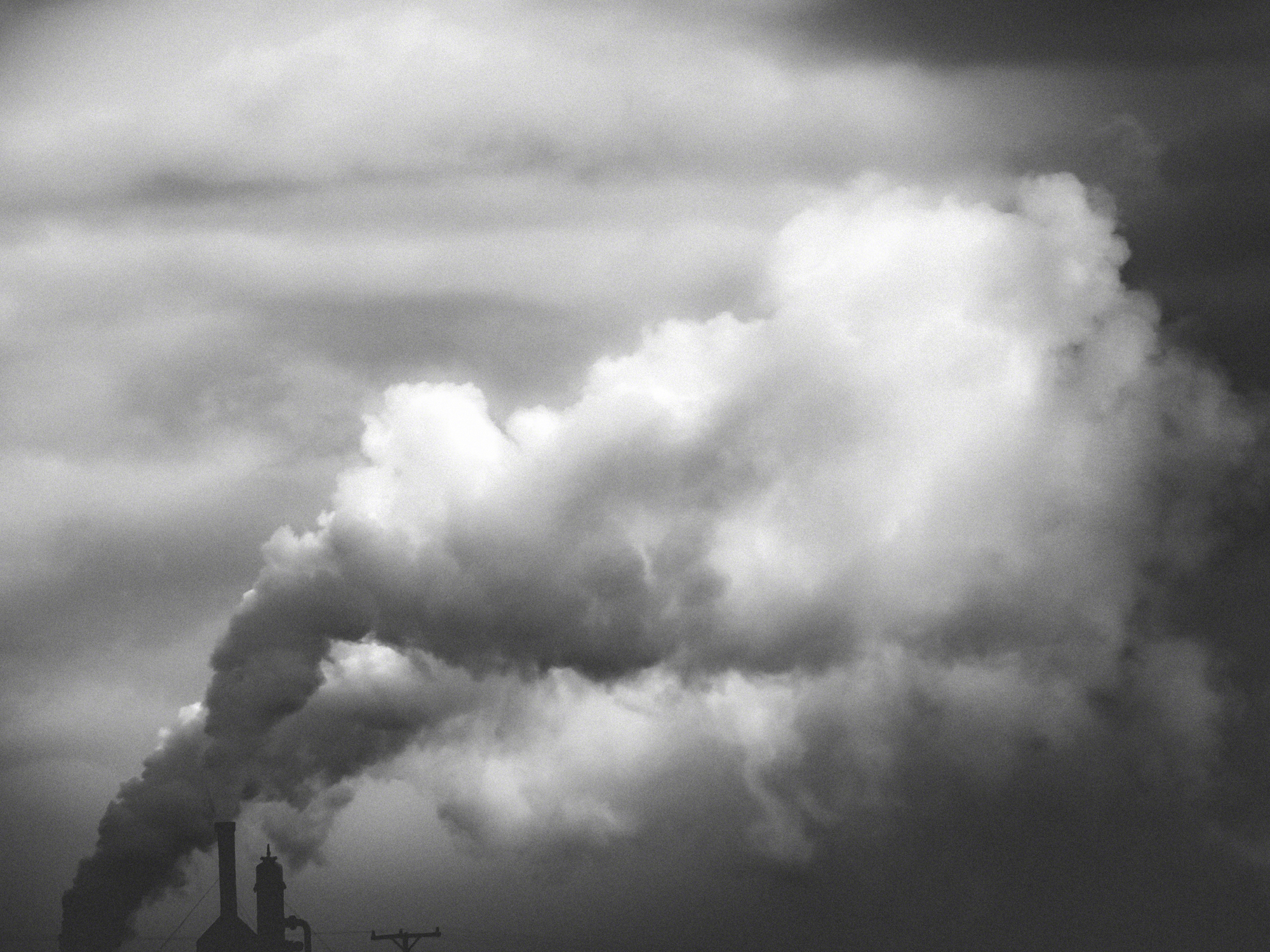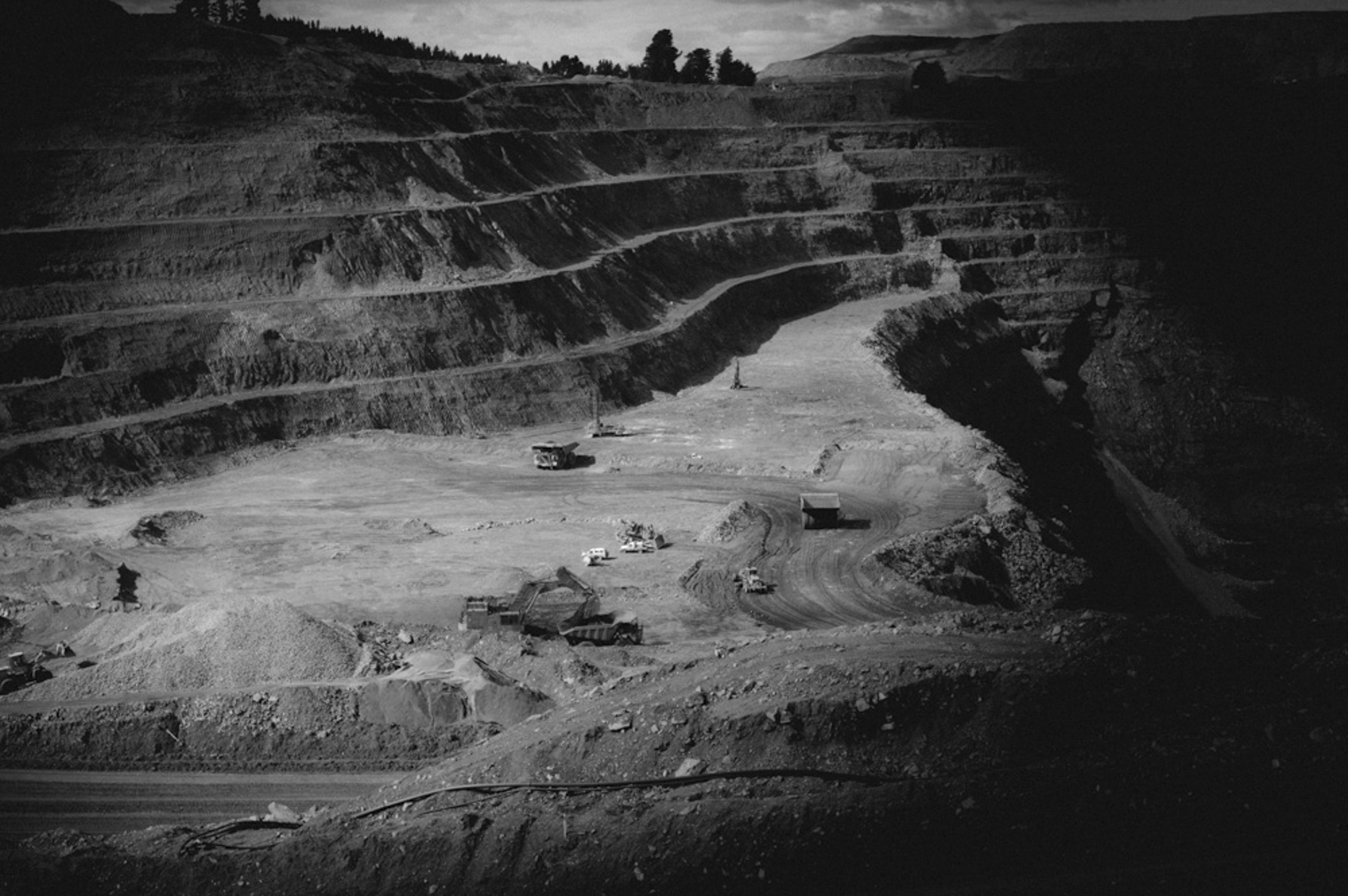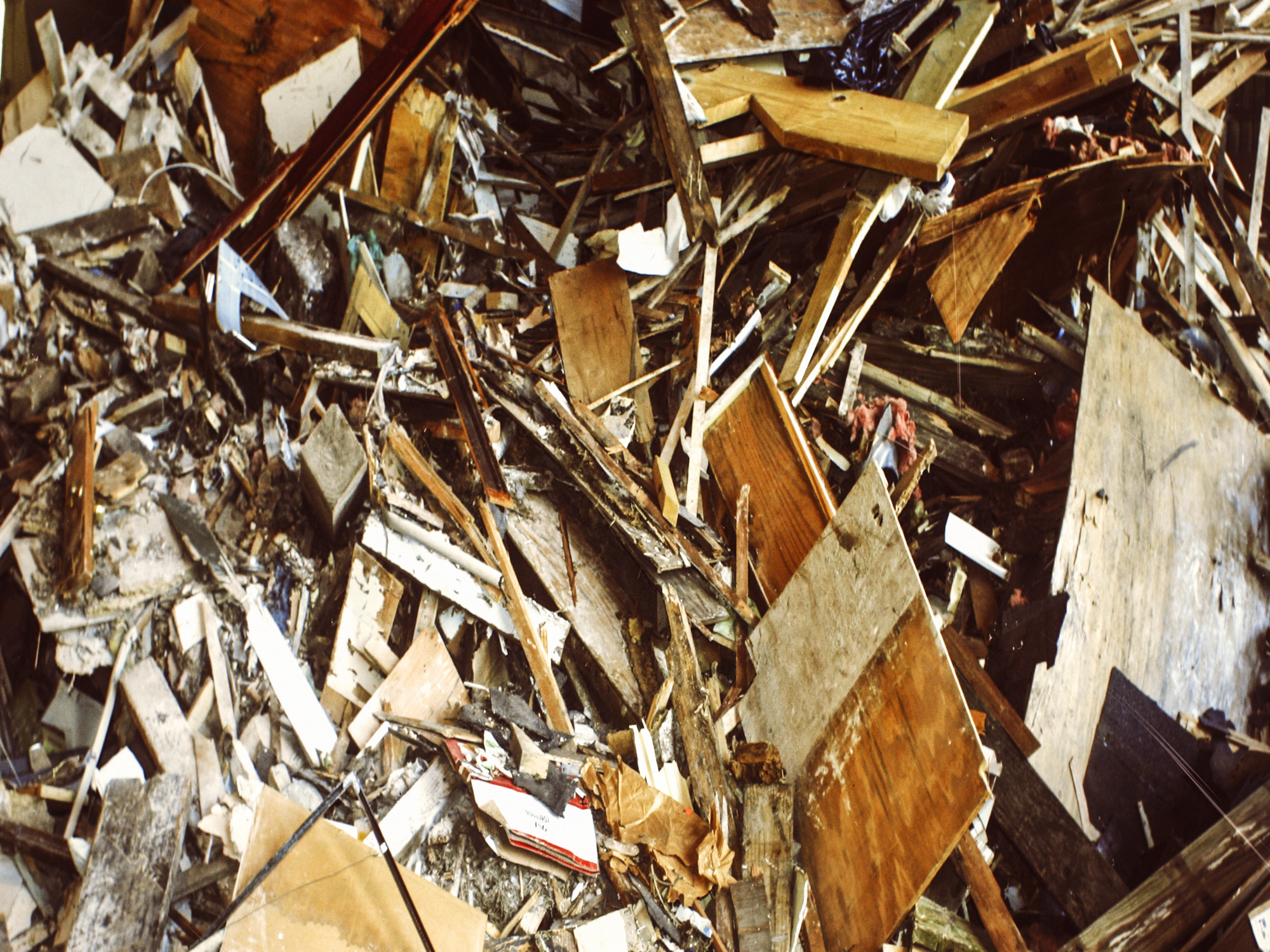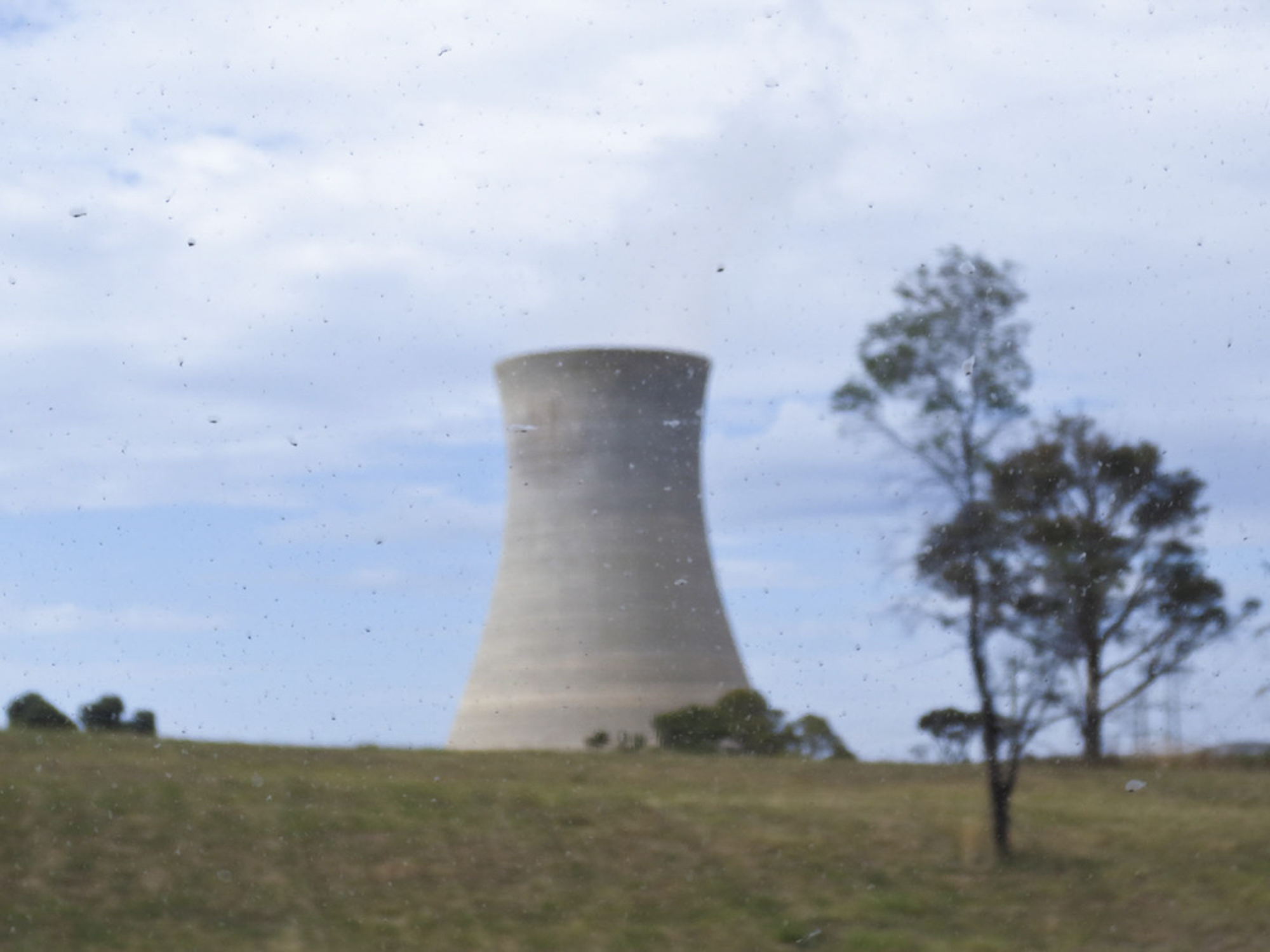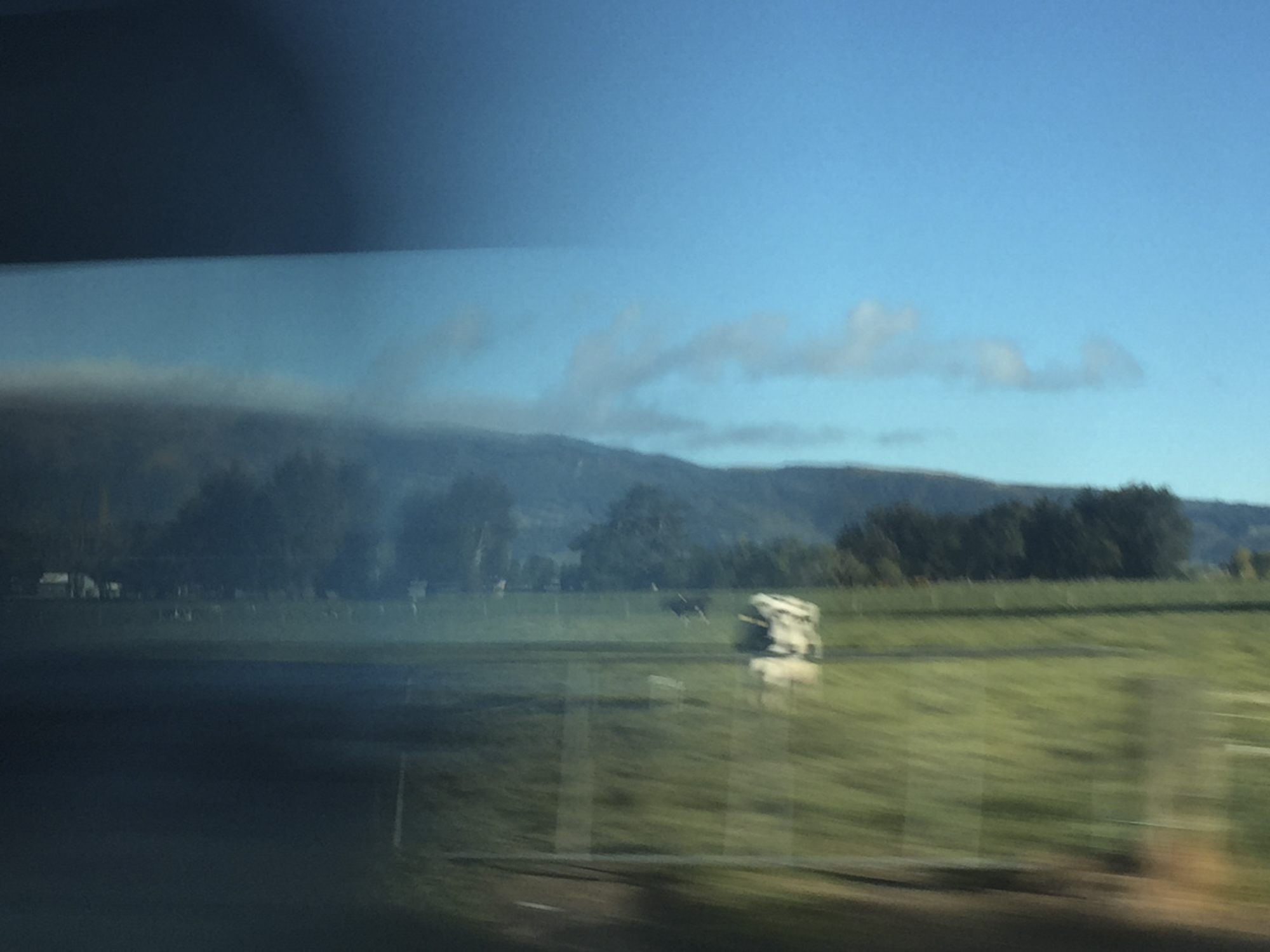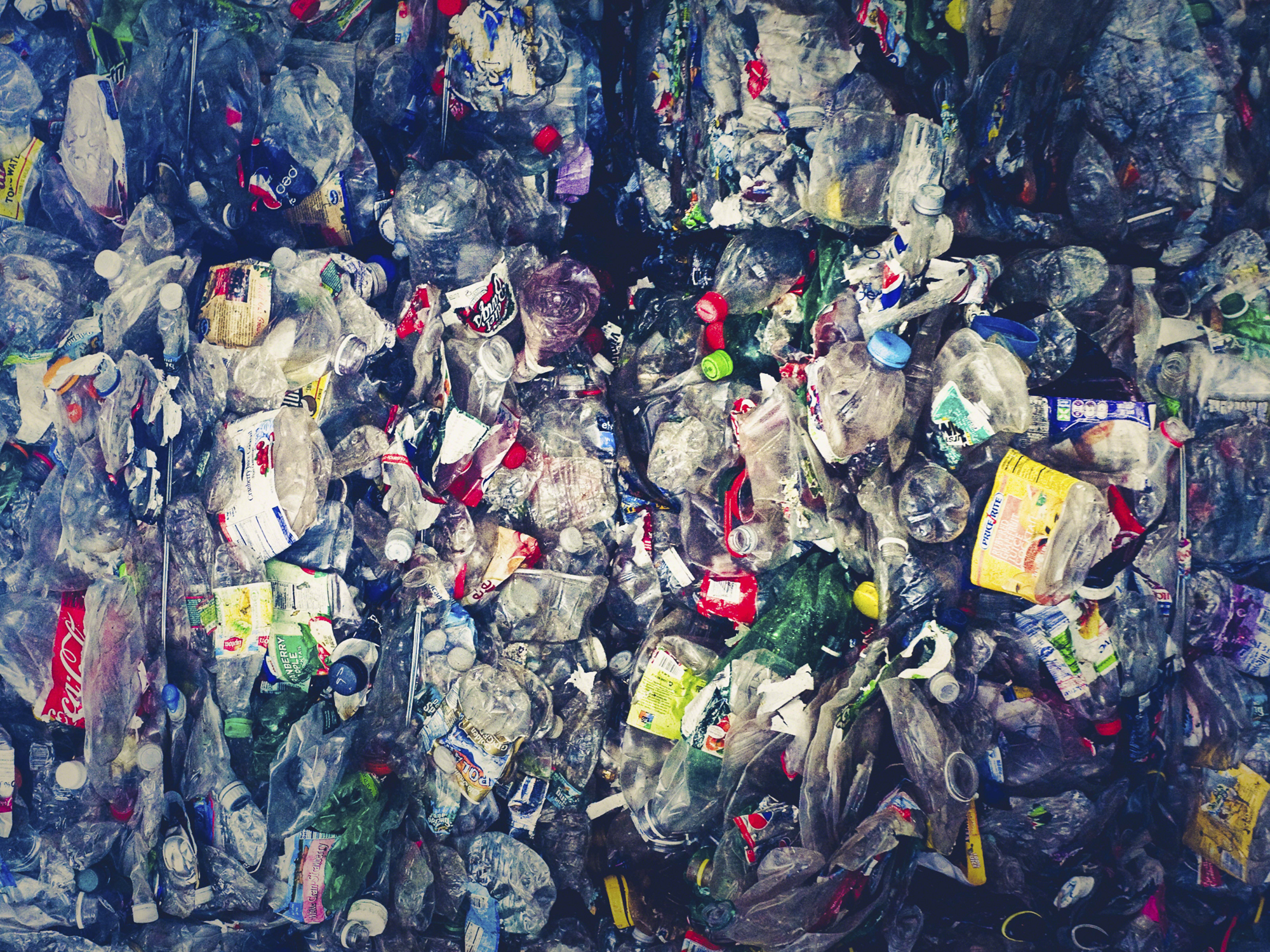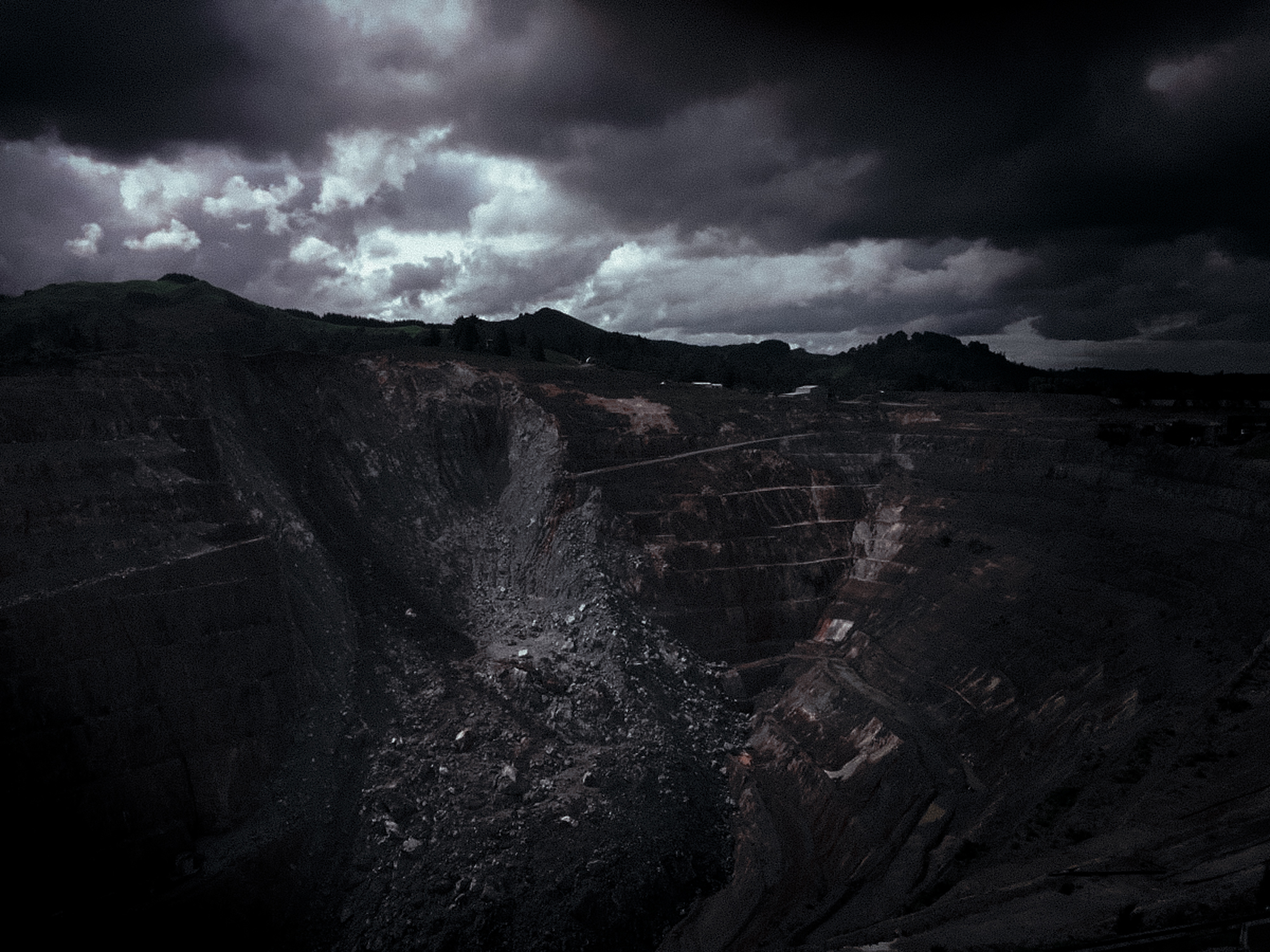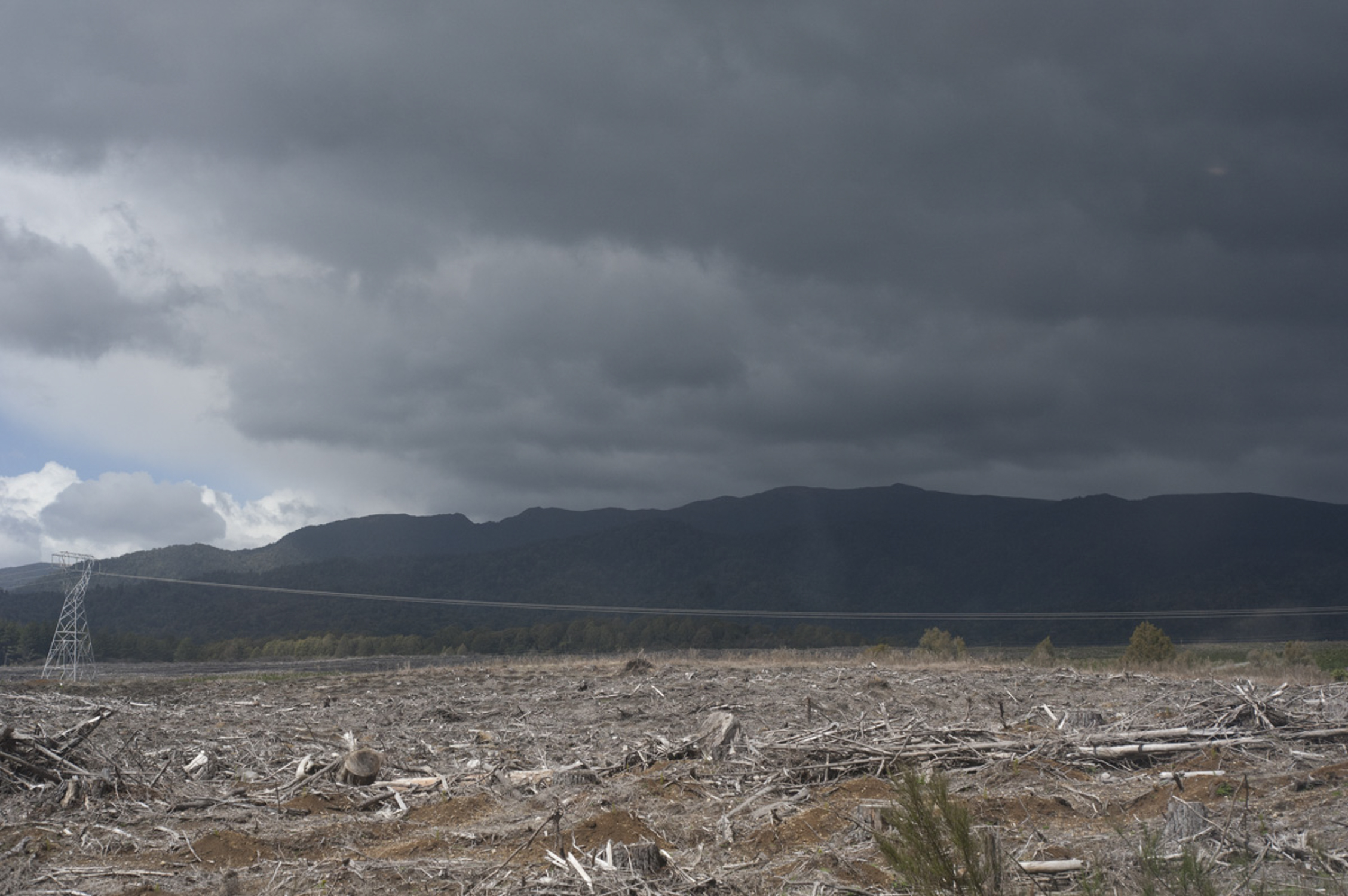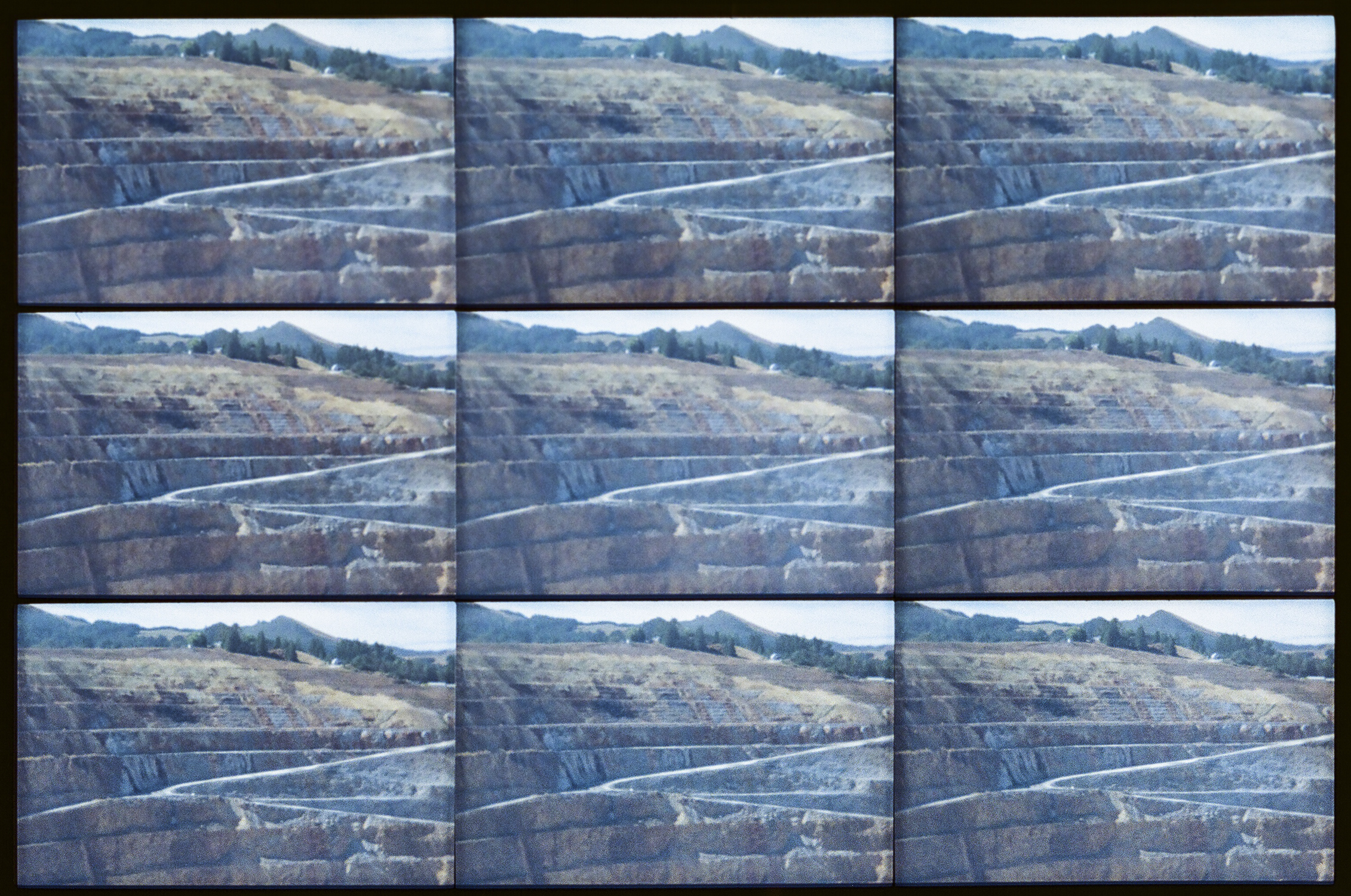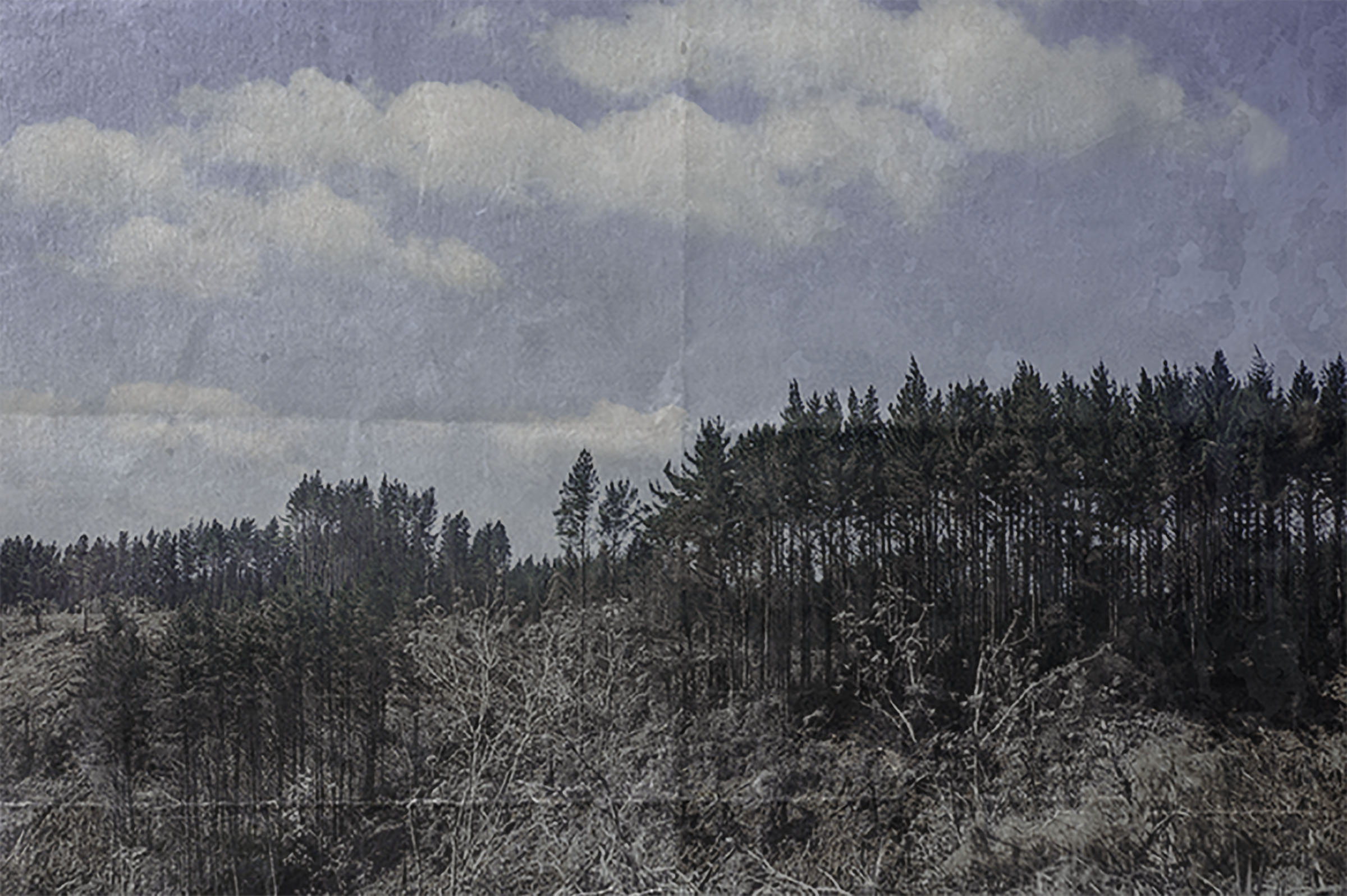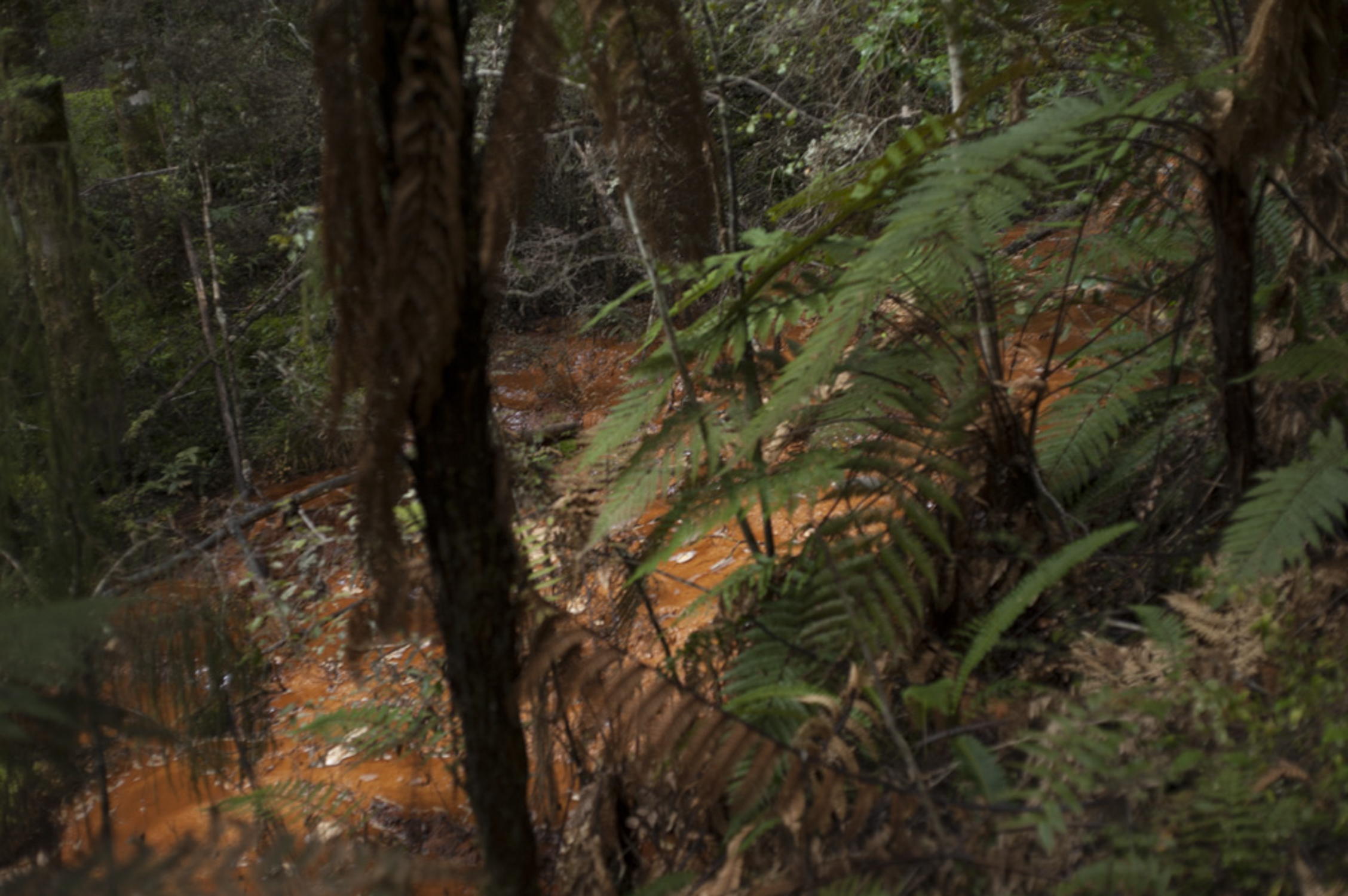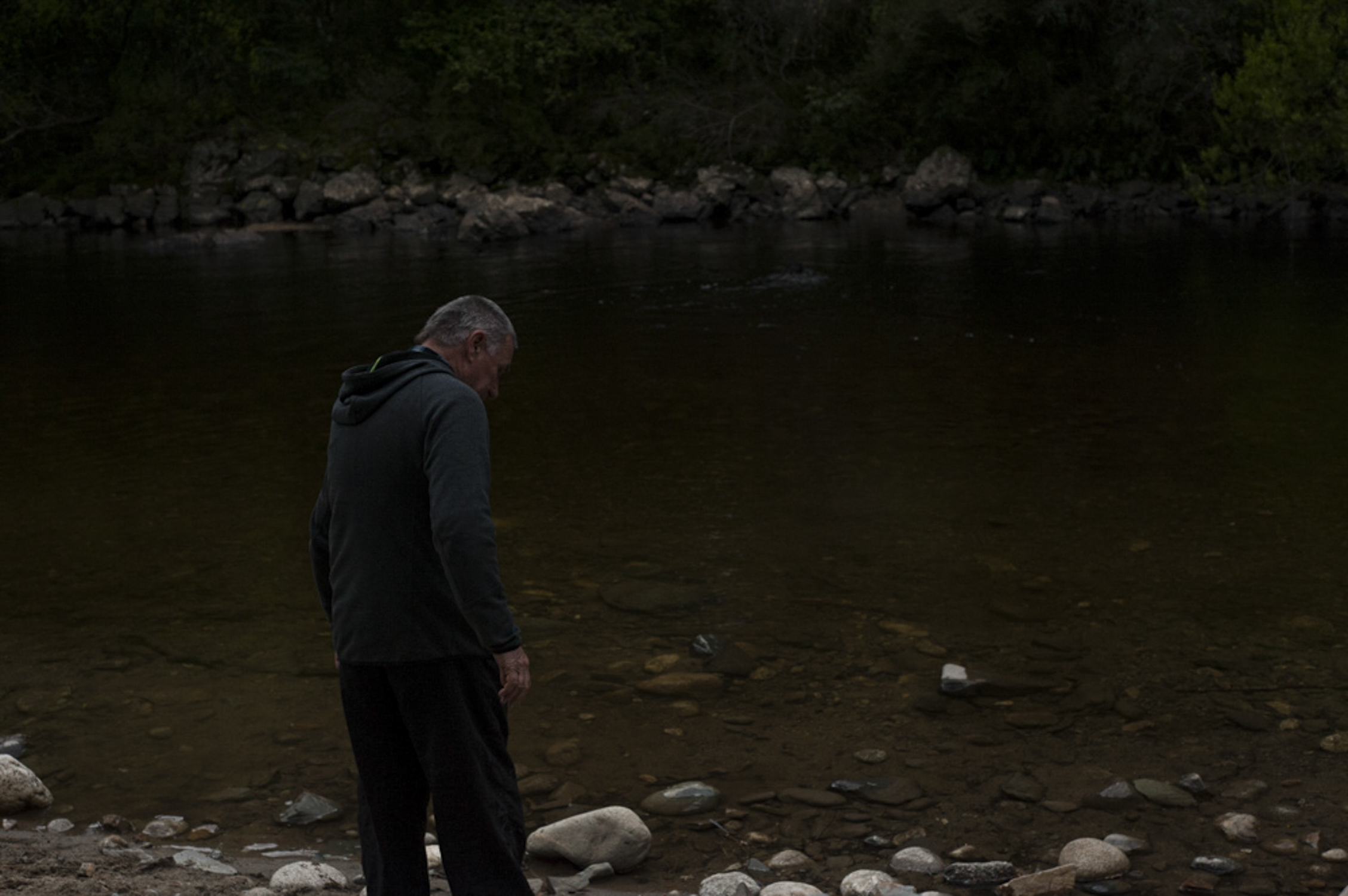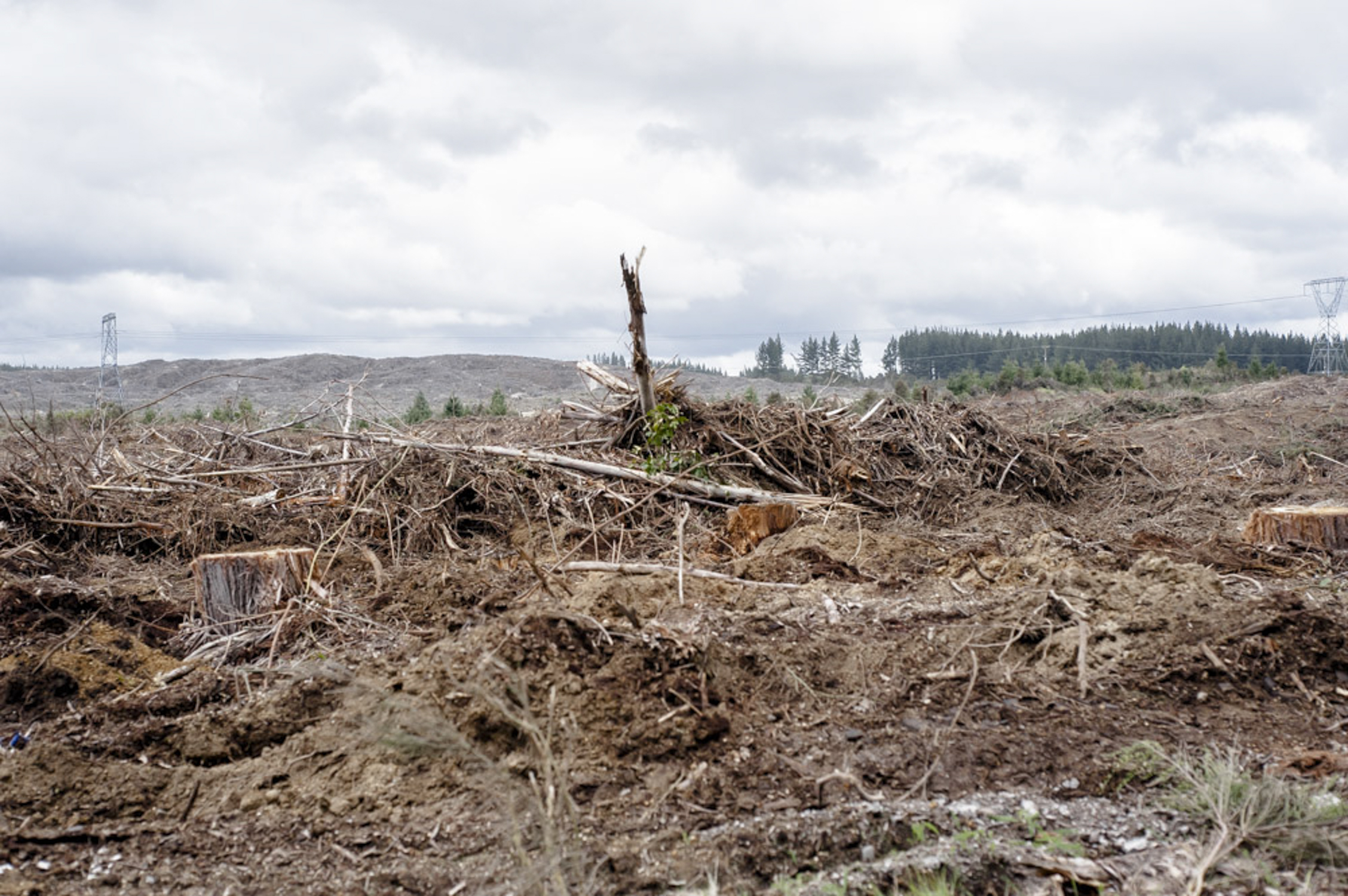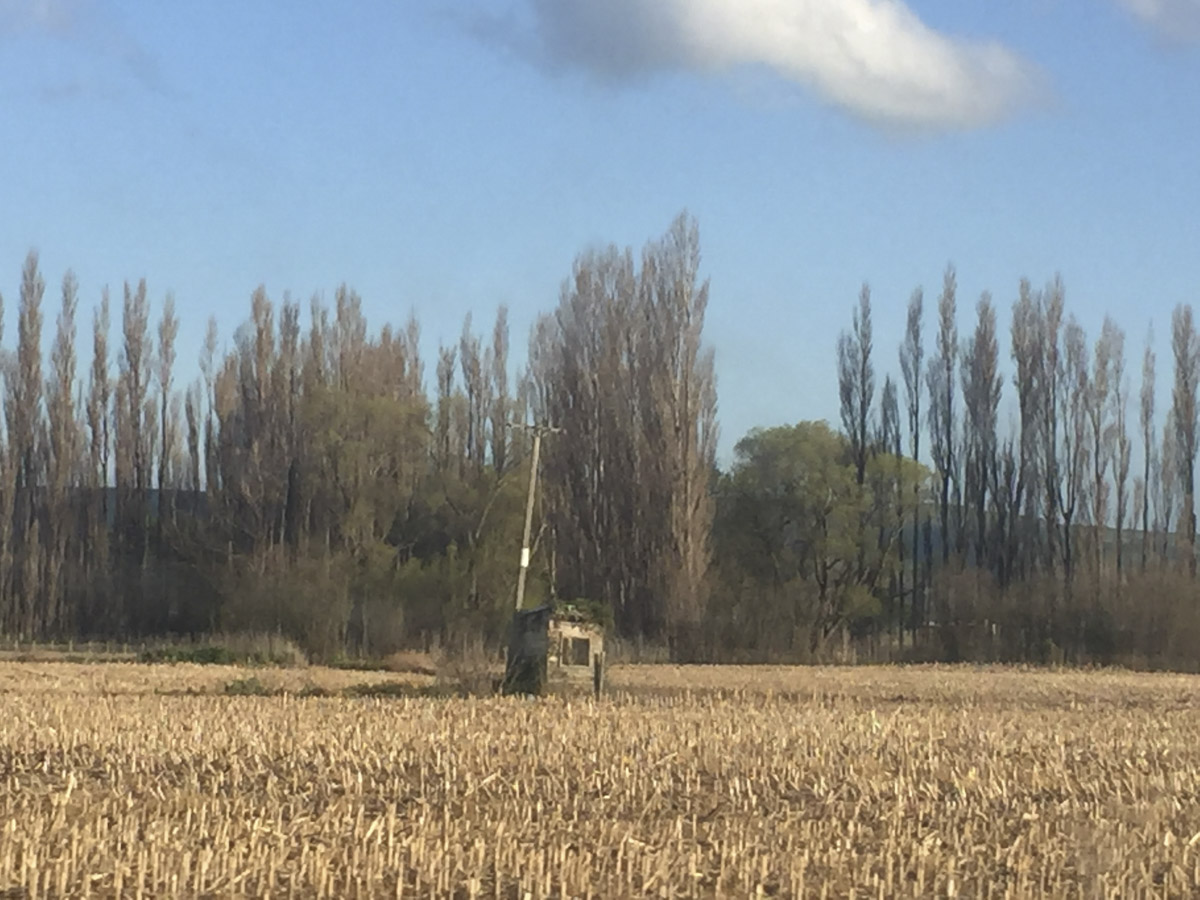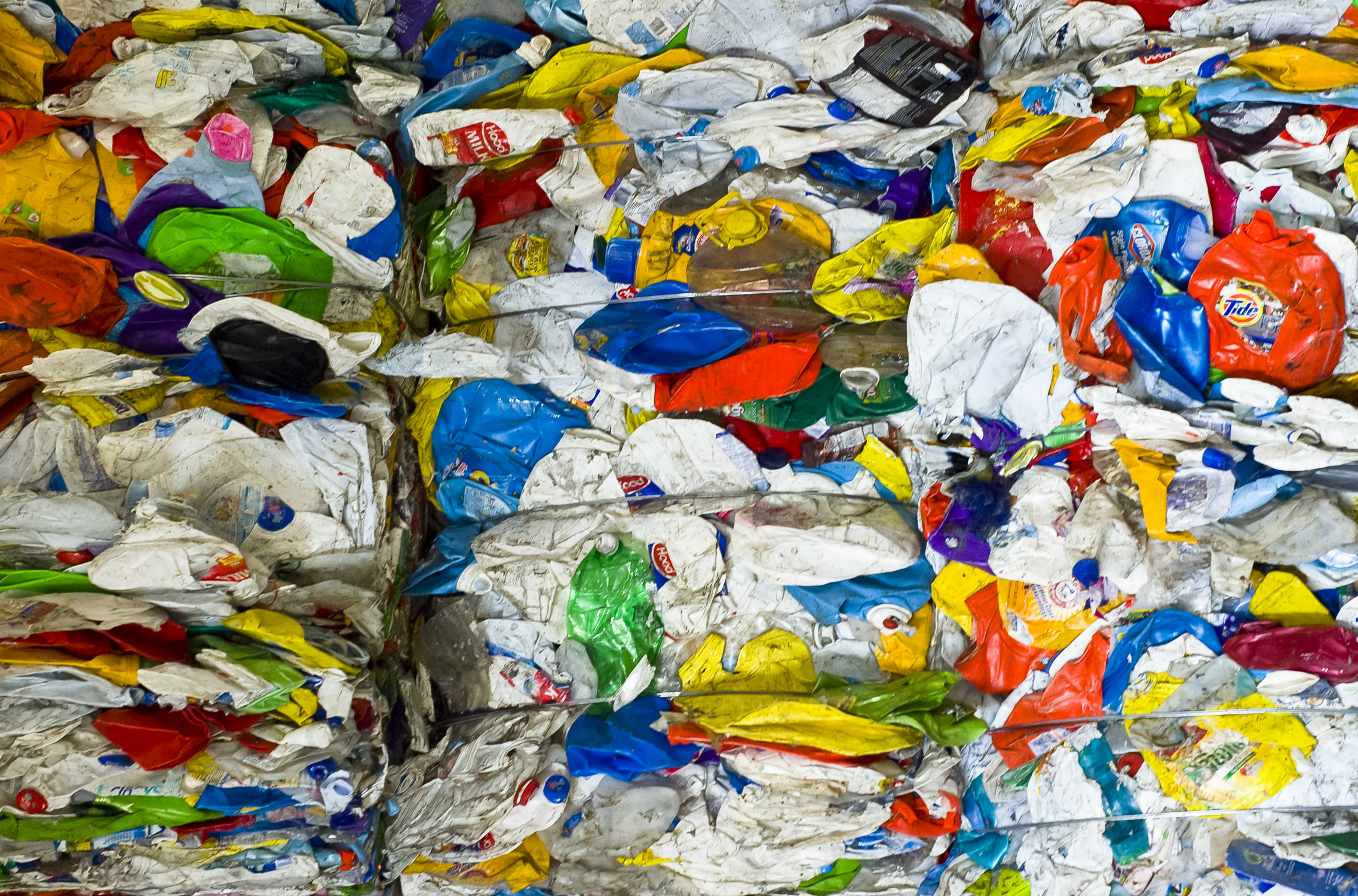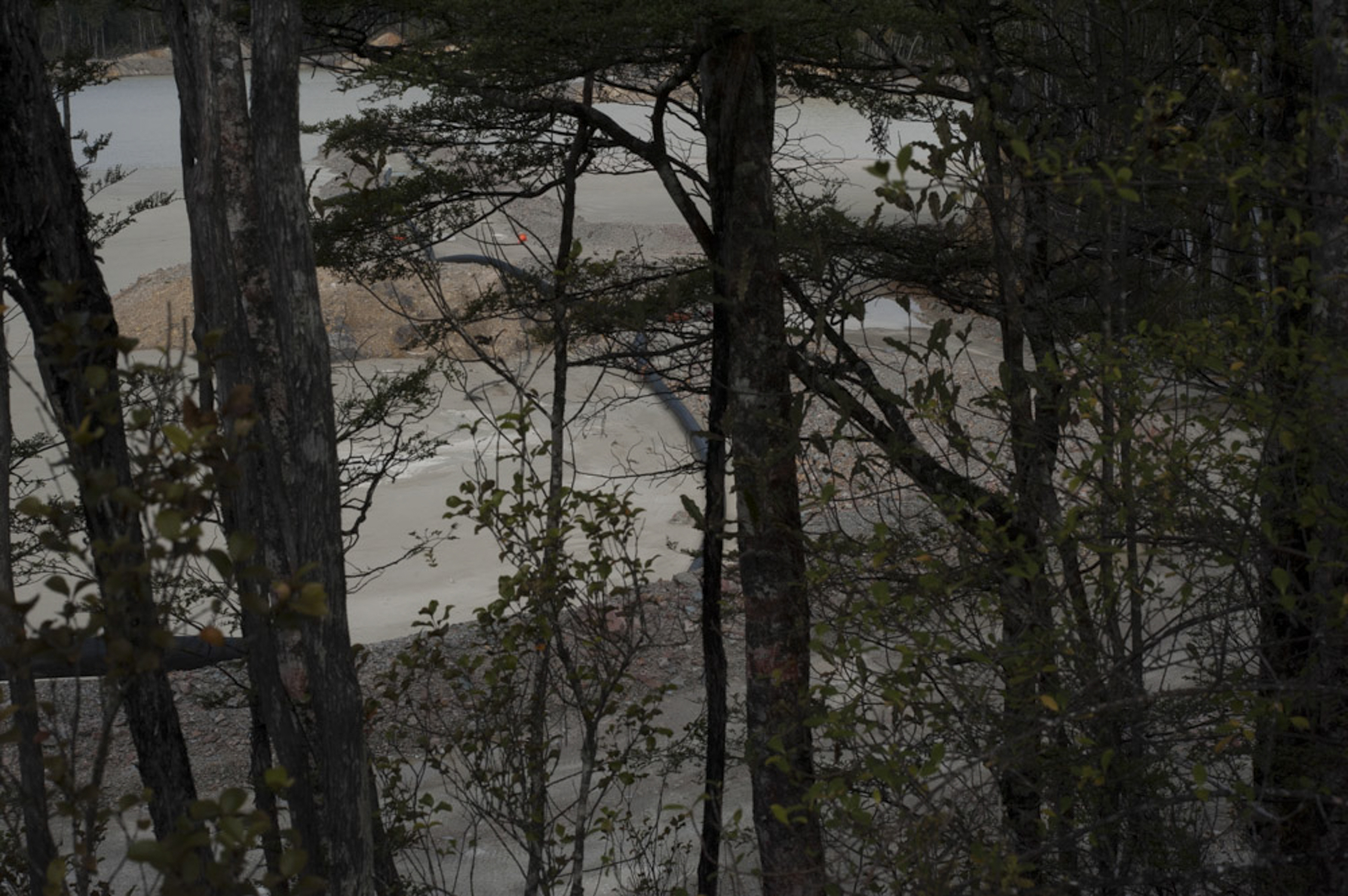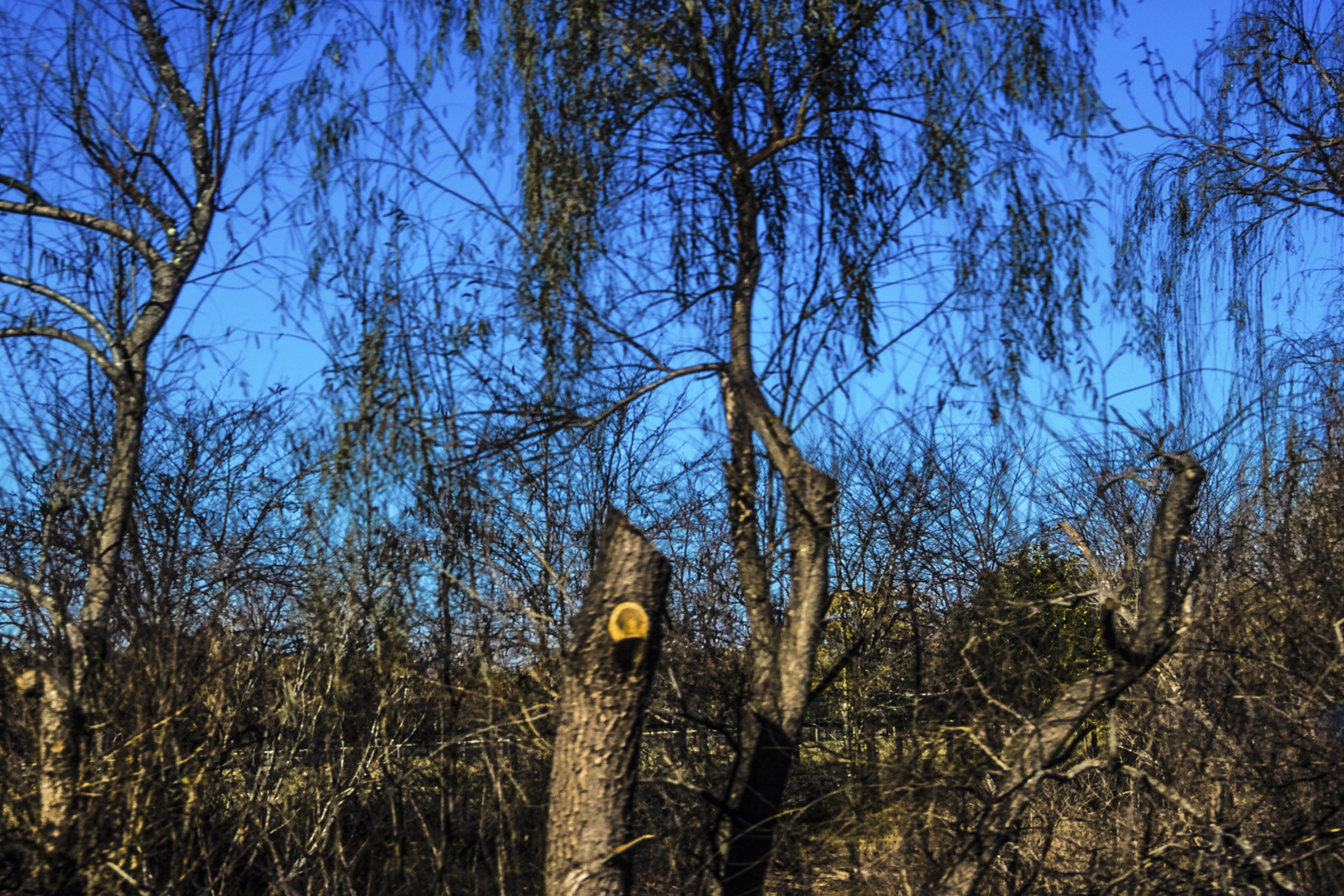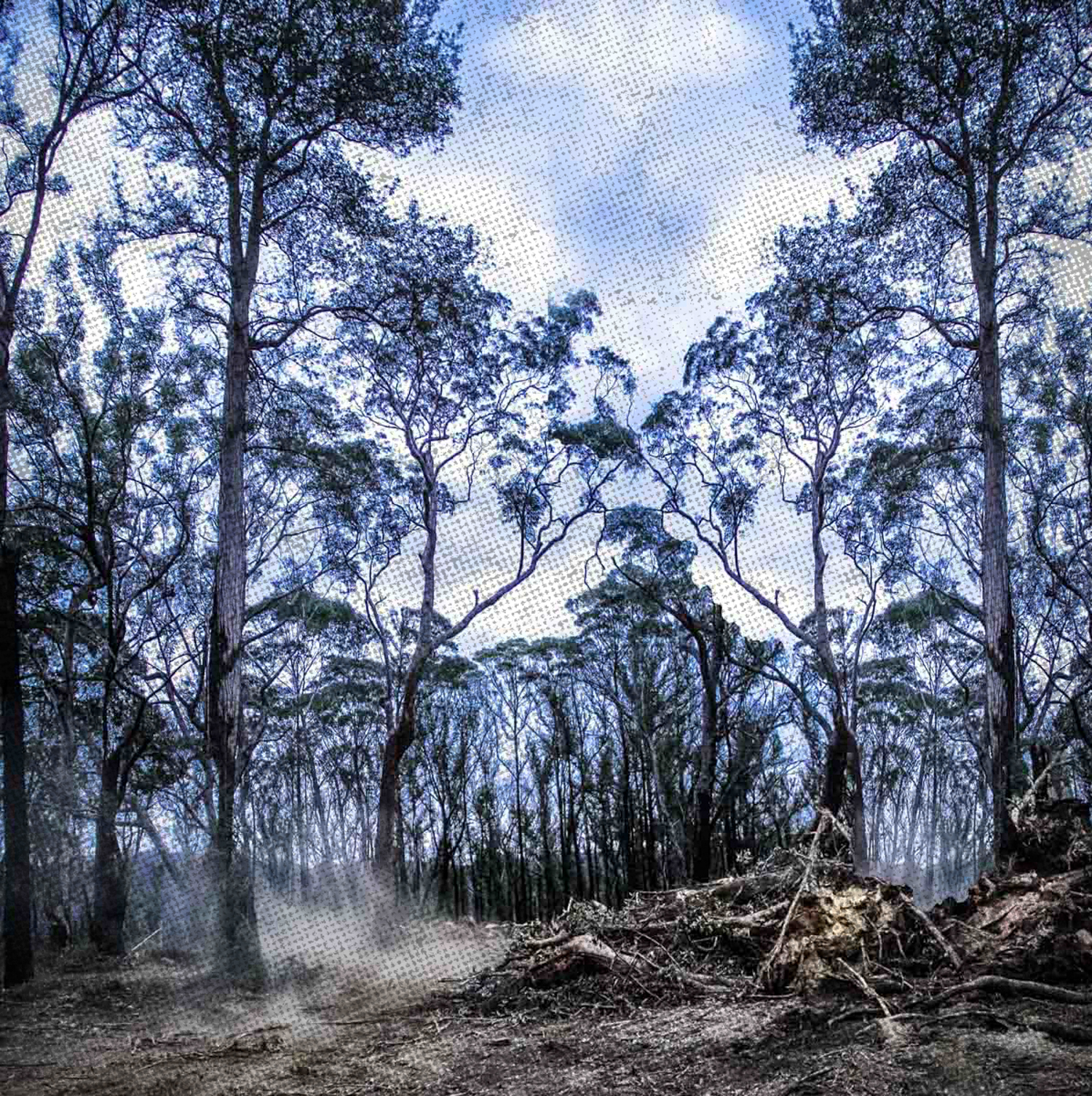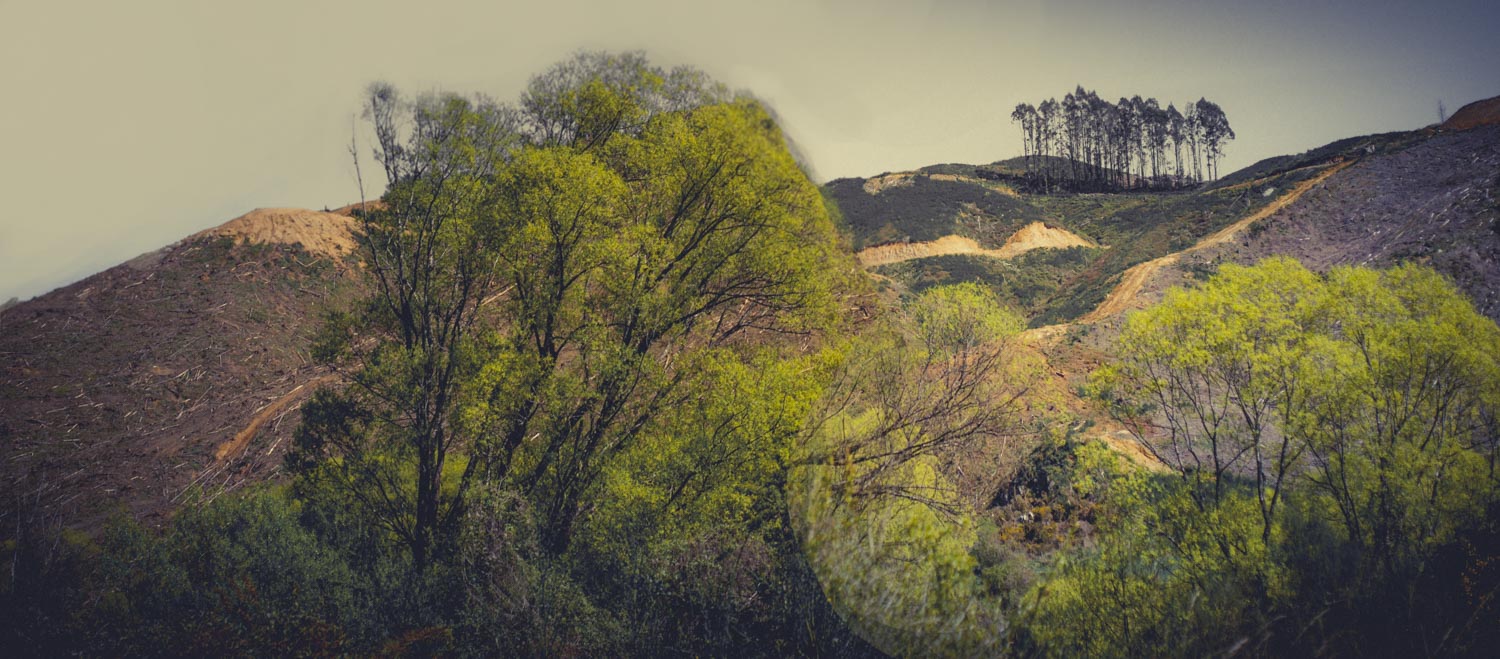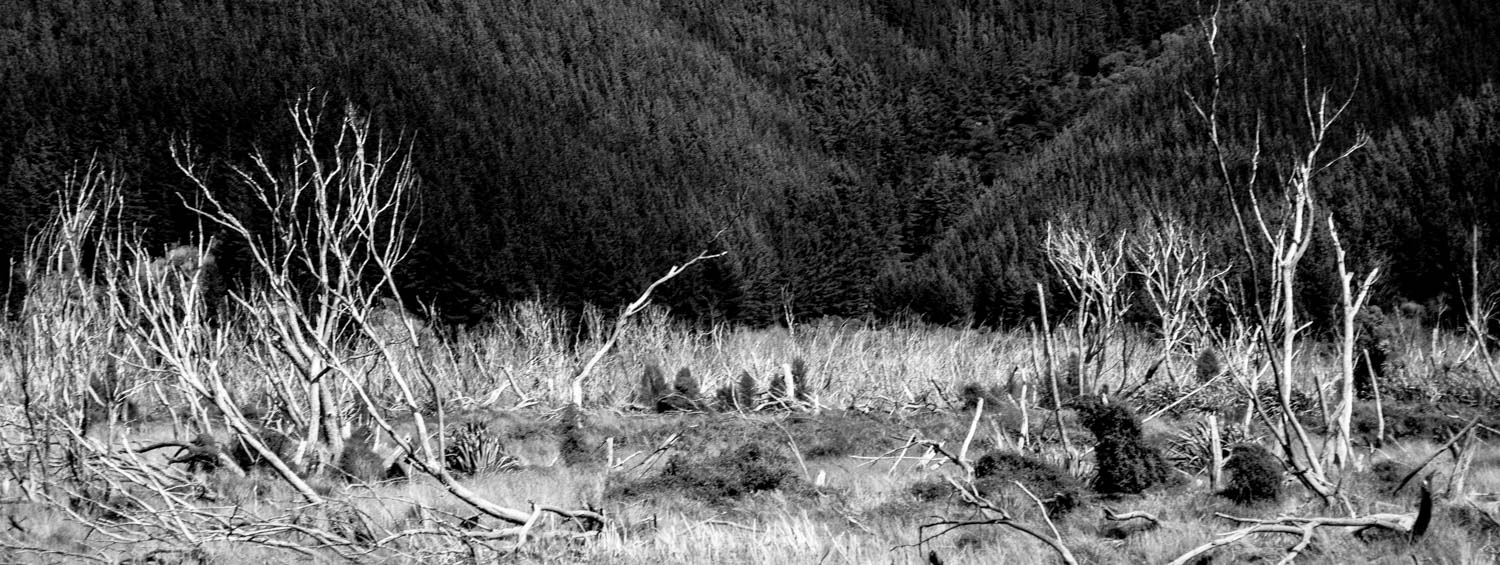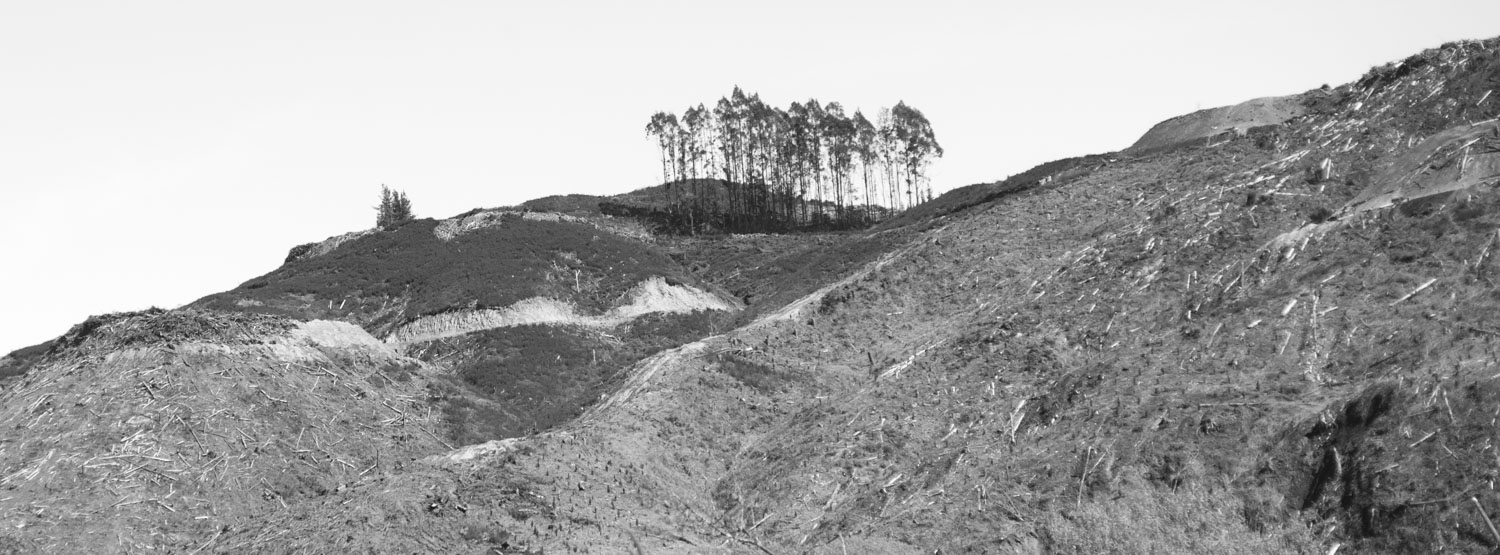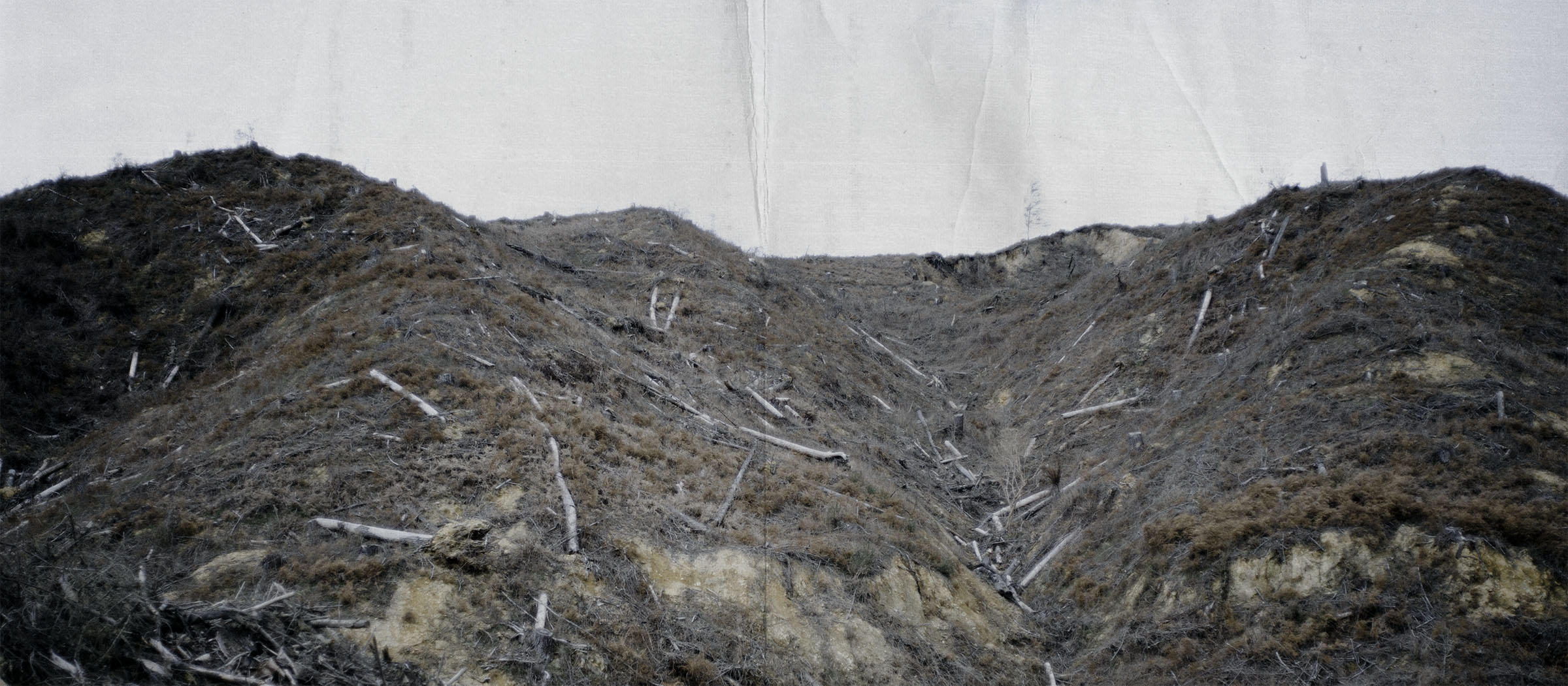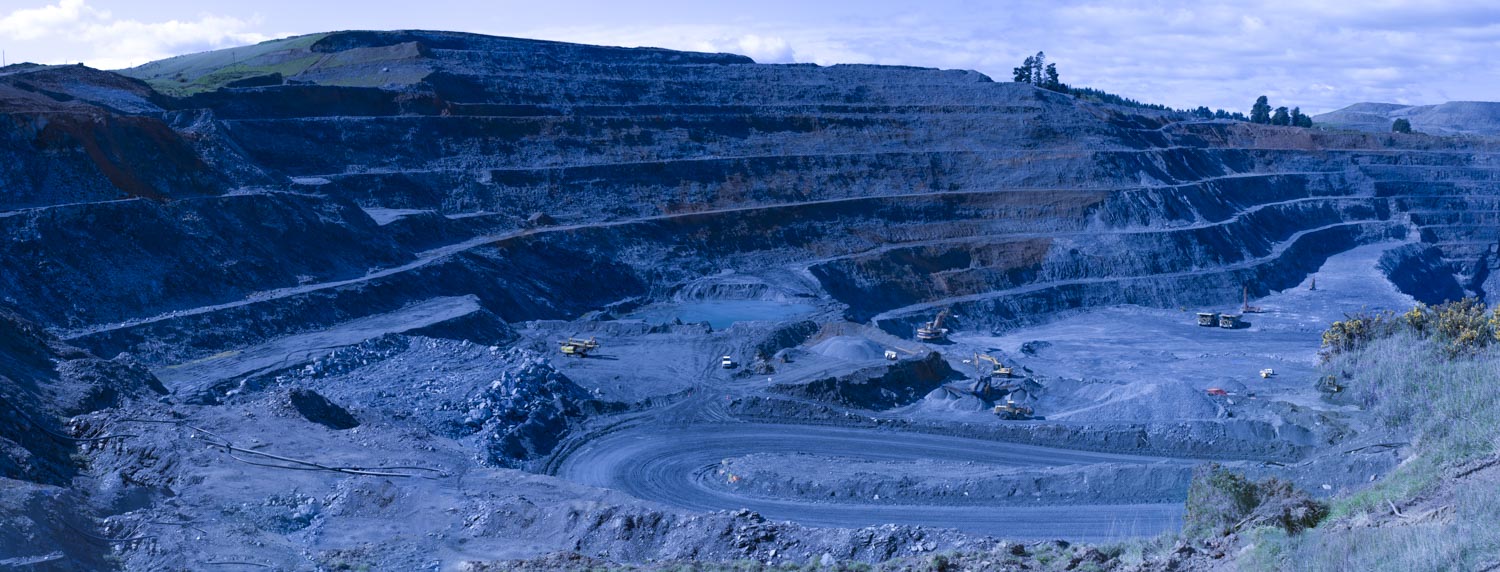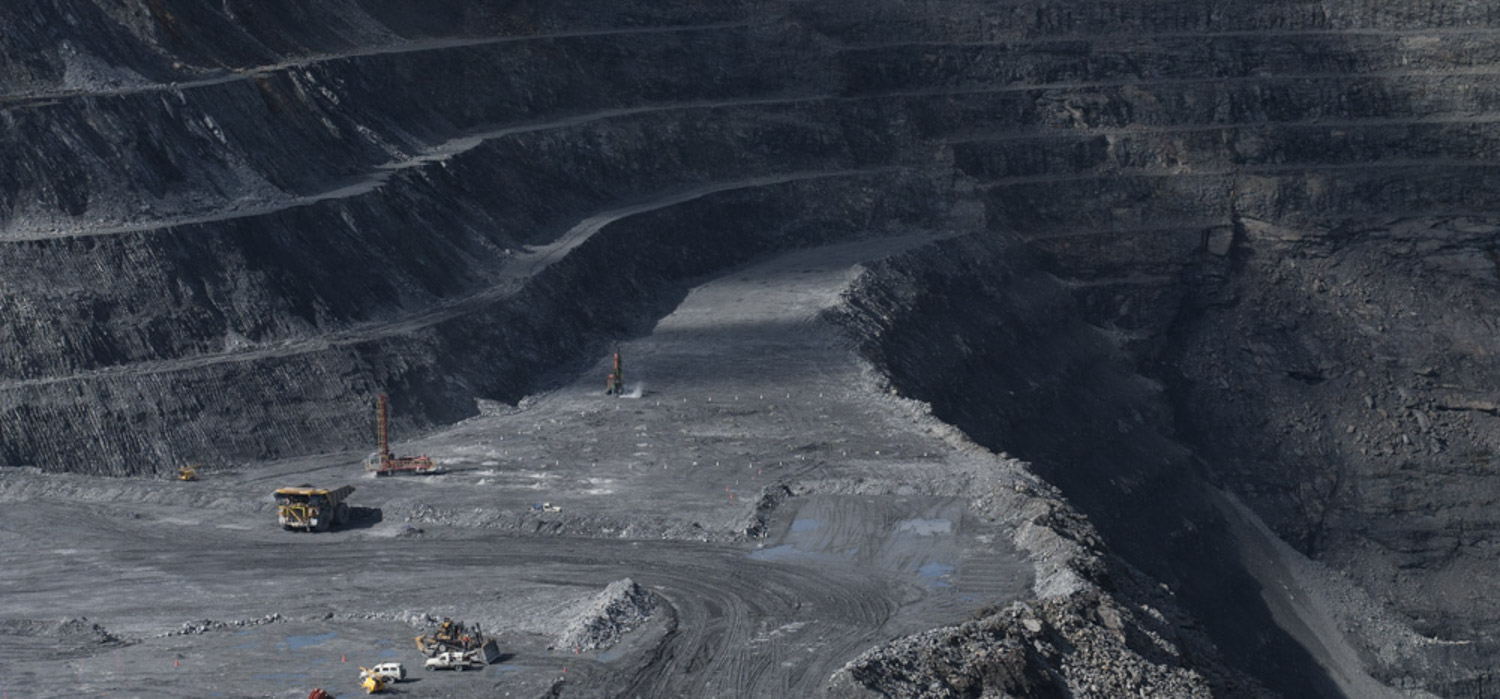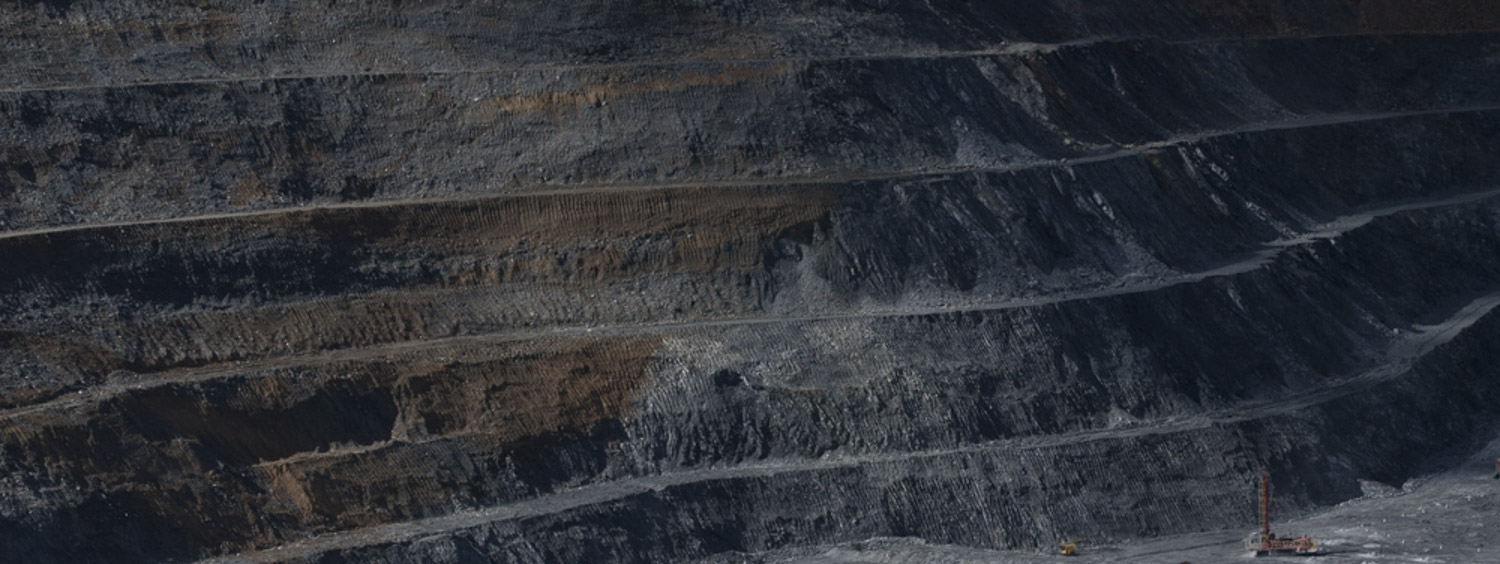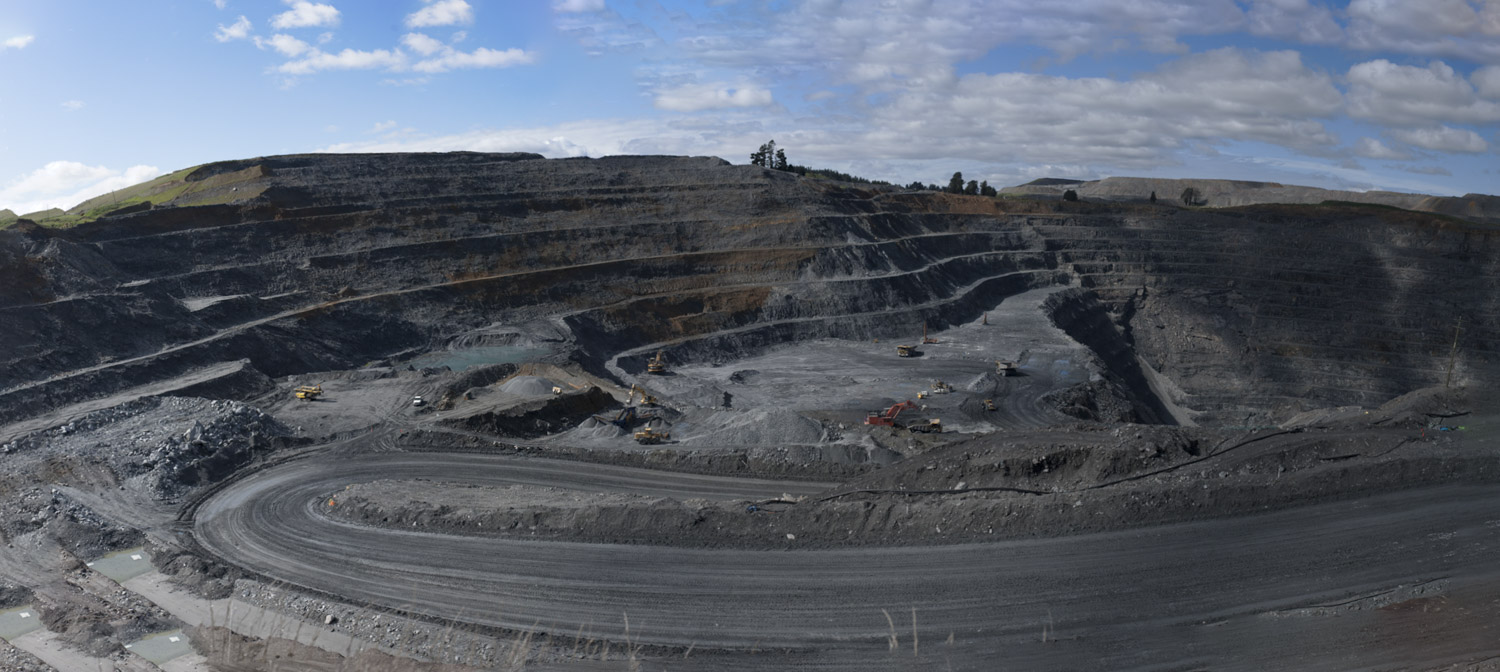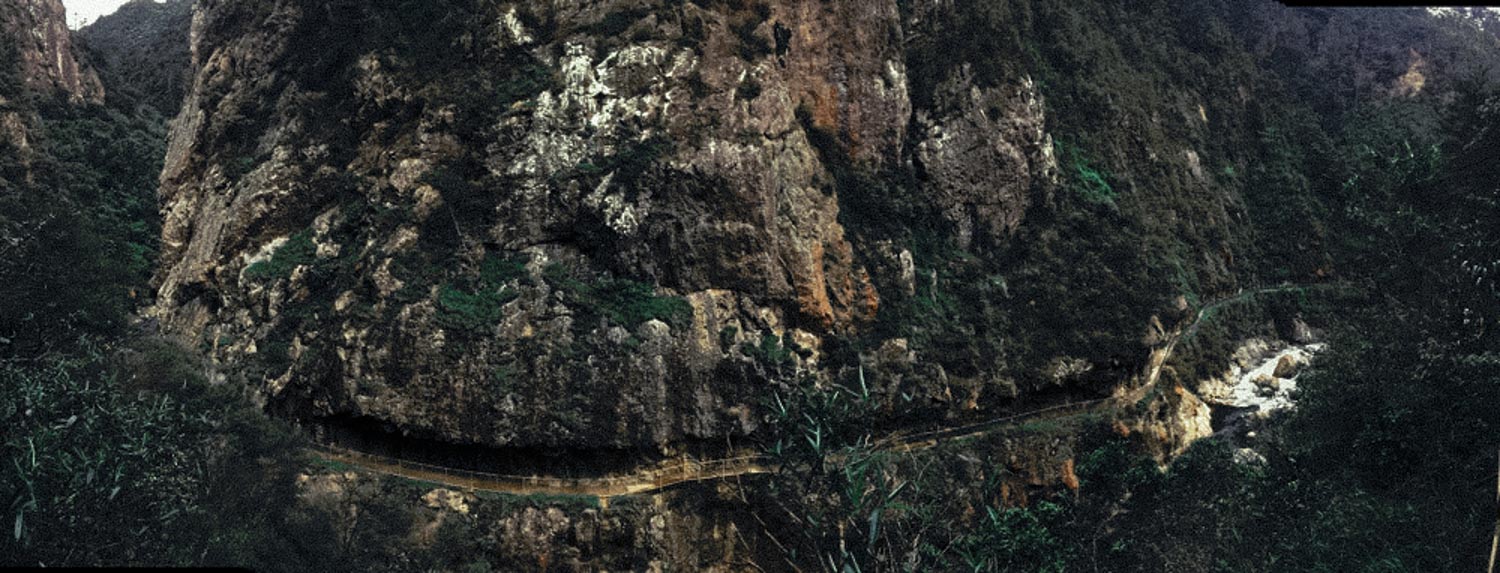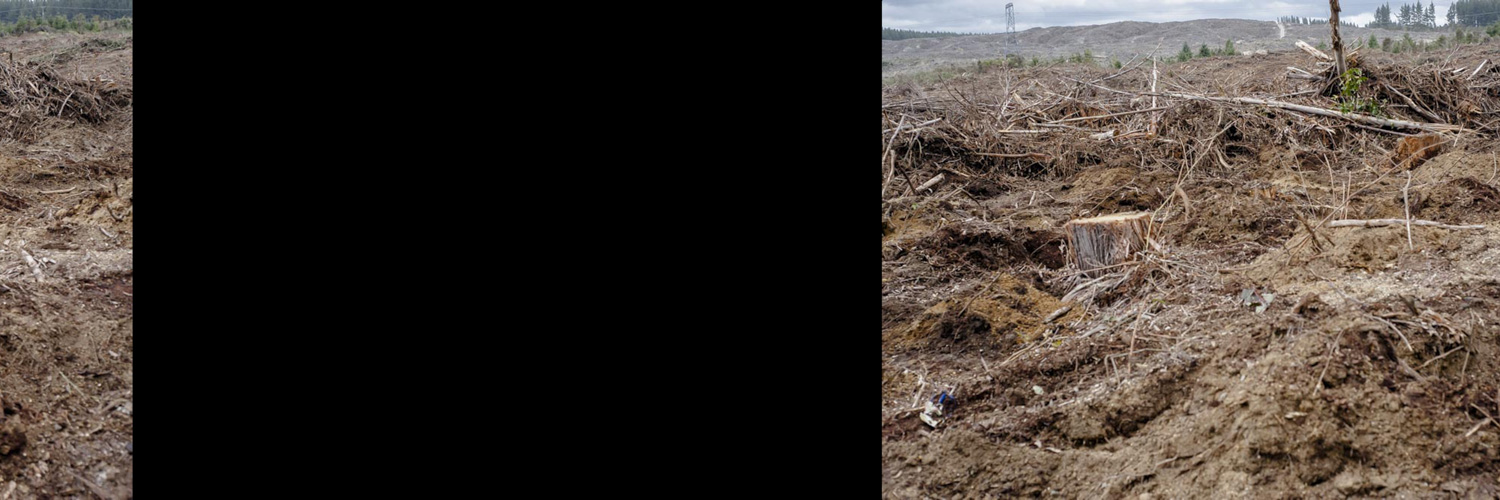liquefied WORLD
All transcendence has disappeared, the natural world has been liquidated and substituted for an artificial one. We pride ourselves on industrialization manufactured from the bones of a dying world, masking crimes against humanity as progress. History, a forgotten memory, a re-written story, has rendered the mechanisms of exploitation so complicated that blame is hard to place, but scapegoats easy to pin. After surveying consumerism and its sequel, the landfill, the price of production became of paramount interest. Don’t let our generation be remembered as the one that saw it coming and let it happened. Sedated in front of the corporately controlled news and enslaved into a system that needs us smart enough to work the equipment, but too dumb to ask any questions, we need to get off the playstation, stop with the excuses, the reality tv show marathons, the social media protest, the artificial needs and products built to break. If you’re not angry, you are asleep and someone who is sleeping won’t stand up. How much longer will we buy into the broken record rationale that secures for the western world the limited resources at stake?
How will history judge us?
Across the centuries, humanity's relentless exploitation of the land has upended the equilibrium of the natural realm, steering us towards perilous crossroads. Through the mists of late capitalism's profits emerges a grim irony - our pursuit of wealth has inadvertently severed us from nature itself. The seductive allure of fleeting pleasures, masterminded by media, has shrouded the contemplation of the future. The insatiable cycle of production, consumption, and disposal exerts an unsustainable toll on the environment, its repercussions echoing through the fabric of existence. The echoes of harm reverberate ceaselessly, transcending borders and boundaries. We stand within the postindustrial predicament, where happiness is inexplicably tethered to consumerism, obscuring the path to true fulfillment. The cocoon of ignorance, once a sanctuary for bliss, now harbors the threat of our own undoing. As silence blankets the landscape and once-thriving regions transform into uninhabitable wastelands due to desertification and extreme weather, industrial expansion appears boundless.
At the heart of this series lies the imperative question of human survival intertwined with the very essence of nature, within a global milieu where unpredictability reigns supreme. The images captured by HEYDT, presented in the grandeur of large-format color photographs, unmask a grotesque beauty within the scars inflicted by industry upon the natural world. Mines, deforested tracts, landfills, and other altered landscapes expose the dire repercussions of our collective actions. As we pride ourselves on industrial progress born from the erosion of a dying world, the narrative of history becomes rewritten, truth fading into obscurity. The complexities of exploitation veil accountability while leaving a trail of scapegoats in their wake. From consumerism's grasp to the landfill's aftermath, the cost of production assumes prominence, echoing beyond the present moment.
Mining, with its large-scale and irrevocable environmental impact, emerges as a direct affront to landscapes deemed sacred, historical edifices, natural landmarks, and the very fabric of topography. Despite multinational assurances of environmentally conscious practices, the evidence paints a contrasting picture. The insidious leaching of toxic chemicals contaminates local water sources, inflicting devastation upon ecosystems and human inhabitants alike. Yet, the grandeur of such consequences barely registers in the broader context of humanity's trajectory, careening towards a precipice. This series challenges the inertia of complacency that plagues our generation. We must awaken from our slumber in the clutches of corporate-controlled media, emancipate ourselves from the chains of the machinery we serve, and face the unnerving reality. The allure of scripted entertainment, digital escapism, and artificial desires must yield to the urgency of our times. The reality show marathons, social media protests, and ephemeral products have no place when confronted with the magnitude of the challenges at hand.
Let us not be the generation remembered for witnessing our own demise and allowing it to transpire. It is time to cease the excuses, relinquish the manufactured needs, and challenge the broken rationale that secures a privileged grip on limited resources for the Western world. Only through collective action, driven by an awakening anger, can we redirect our course and step away from the precipice of destruction. For in this liquified world, survival demands an awakening to the truths we've long ignored. Amidst a world where the concept of transcendence has been overshadowed by an artificial reality, the series "Liquified World” seeks to unravel the intricate tapestry woven by our actions. Through the lens of history, it becomes evident that our relentless exploitation of the land has wrought a dissonant symphony of consequences. The byproduct of late capitalism, this era inadvertently severs our intrinsic connection with the natural world.
Within the cacophony of media-driven distractions, the promise of the future dims, eclipsed by the allure of disposable consumption. The ceaseless cycle of production and waste generation strains the very fabric of our environment, reverberating harm across borders. In this postindustrial epoch, the pursuit of happiness through materialism shrouds authentic well-being, endangering the delicate thread of sustainability. Etched into these landscapes are scars of industry - mines, deforested tracts, and landfills - bearing testament to the profound impact of our collective choices. Yet, amidst these alterations, accountability often remains concealed, replaced by a skewed narrative. The toll of mining, from the pollution of ecosystems to the contamination of local water sources, presents an urgent dilemma. But humanity's trajectory appears perilous, heading towards an abyss.
The time has come to rouse ourselves from the lull of media-induced sedation, to relinquish fabricated desires, and confront the truth head-on. We must not be the generation that witnesses its own downfall in passive resignation. Amid this liquified reality, survival hinges on awakening to the verities we've chosen to disregard. Let us chart a new course, unified against impending devastation, embracing a future where the coexistence of nature and humanity is not just an aspiration, but a reality we ardently forge. Over the past three decades, the world has witnessed a series of profound shifts and challenges that have reshaped the trajectory of human society.
Over the last several decades, the rise of neoliberalism has led to significant socioeconomic changes. The middle class has experienced erosion, labor exploitation has surged due to transnational labor practices, and deindustrialization has transformed landscapes and livelihoods. As the global economy adapted to new paradigms, these changes have influenced the very structure of societies, altering the dynamics between governments, corporations, and individuals. Climate change has emerged as an escalating threat during these years. Over three decades, the world has borne witness to the intensifying consequences of environmental degradation. Wildfires have evolved into seasonal spectacles, and the reality of the sixth mass extinction looms ever closer. The accelerating pace of climate change has forced societies to grapple with urgent questions about sustainability, resource management, and global cooperation.
The rise of corporate power and consumerism has been a defining feature of the last 30 years. Consumption-driven cultures have been celebrated, leading to the rapid depletion of resources and the normalization of waste. This pattern has taken a toll on the natural world, causing a decline in biodiversity and pushing ecosystems to the brink of collapse. The ramifications of these trends are felt both locally and globally, prompting discussions about responsible consumption, ecological preservation, and the ethical dimensions of progress. The past three decades have also been marked by the rapid advancement of technology and its impact on communication and information dissemination. The rise of social media has transformed the way societies engage with news, politics, and public discourse. While these platforms offer opportunities for connectivity and awareness, they have also contributed to the spread.


